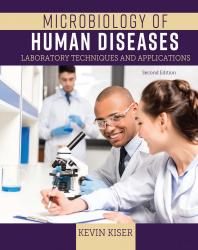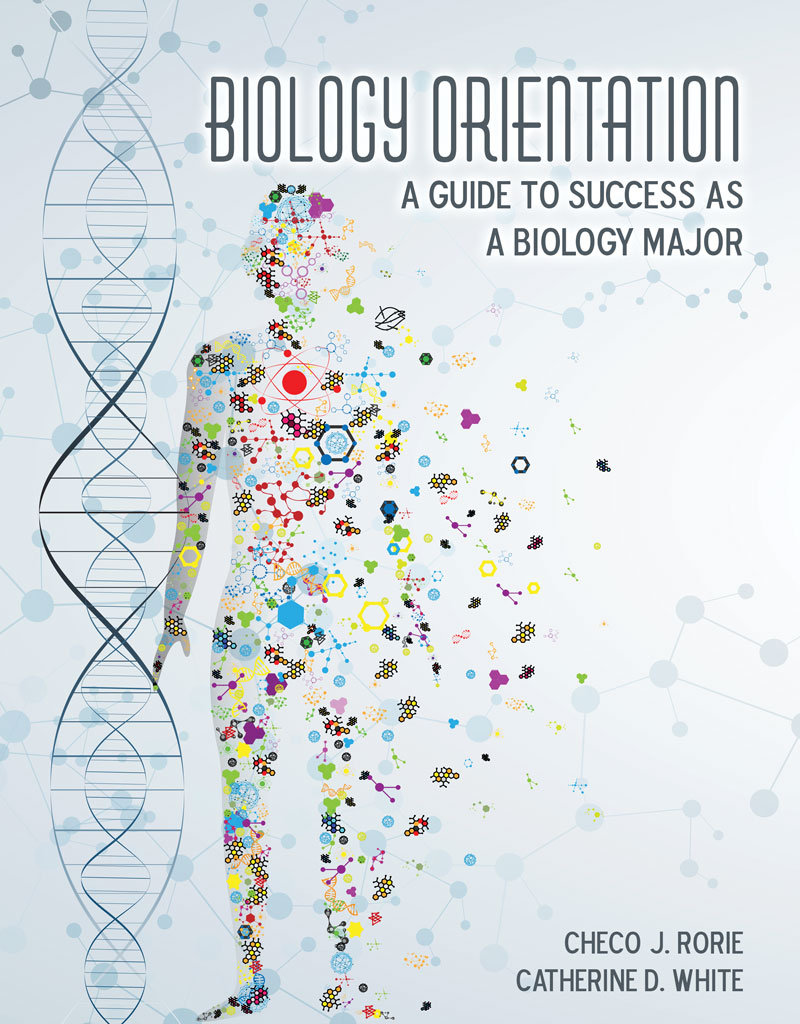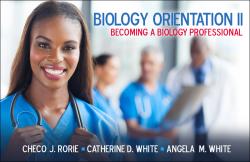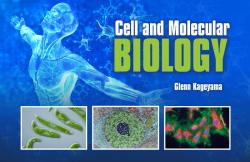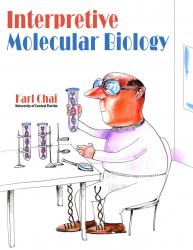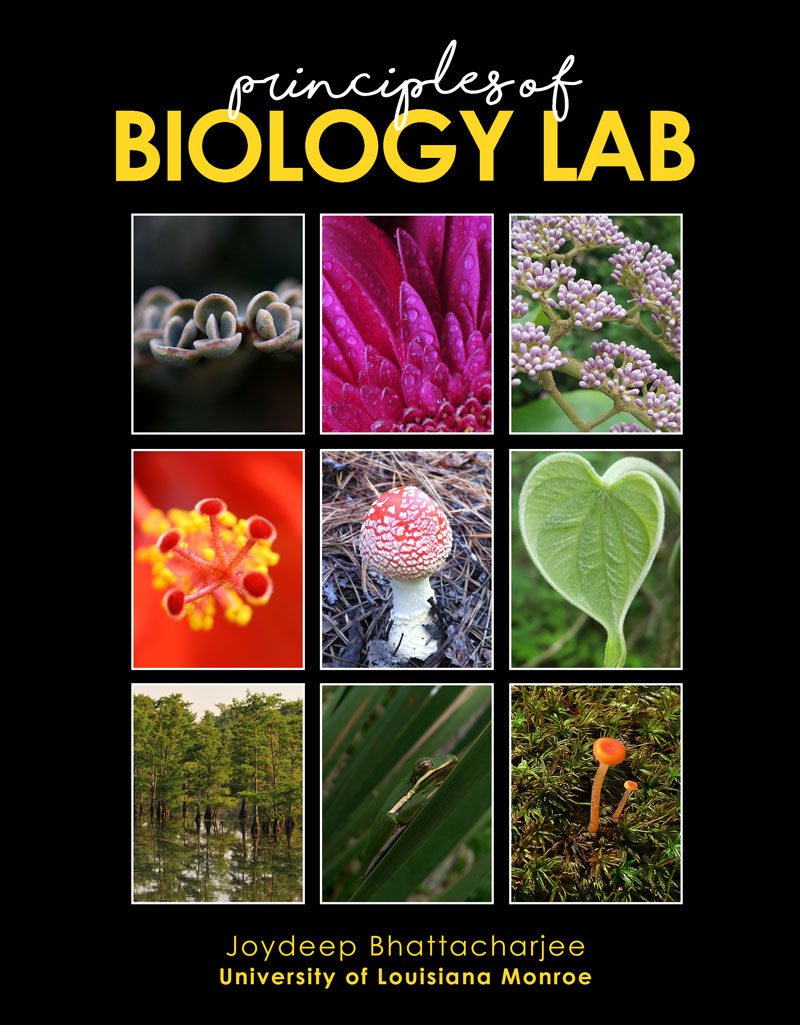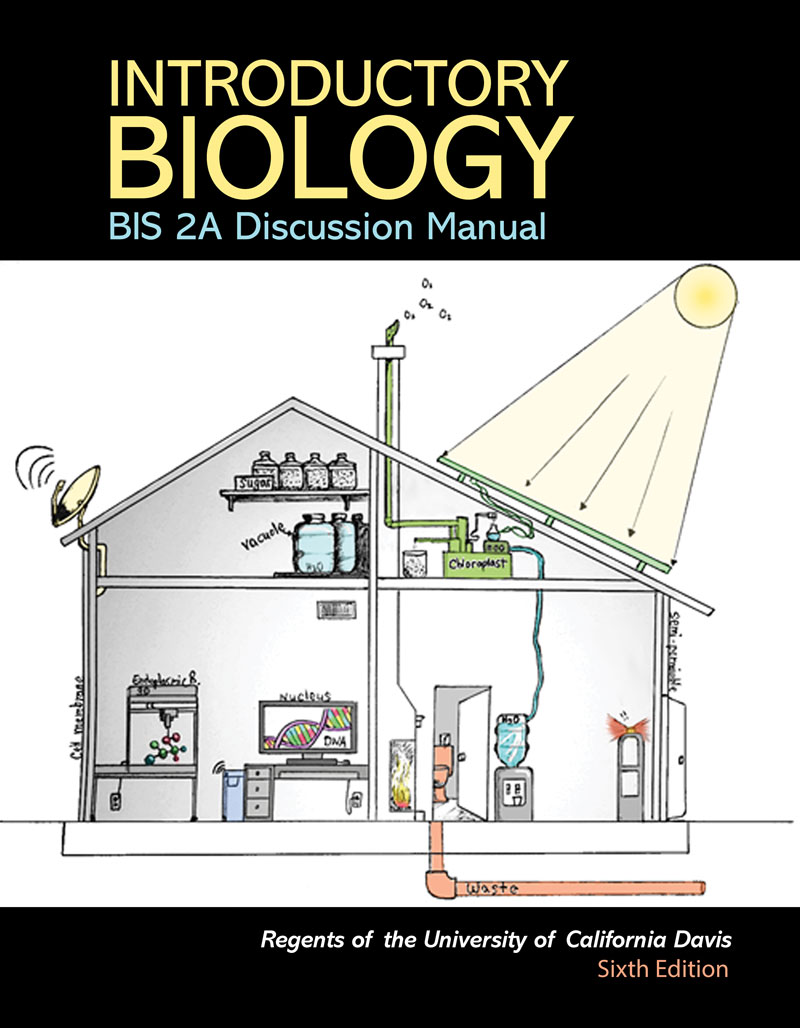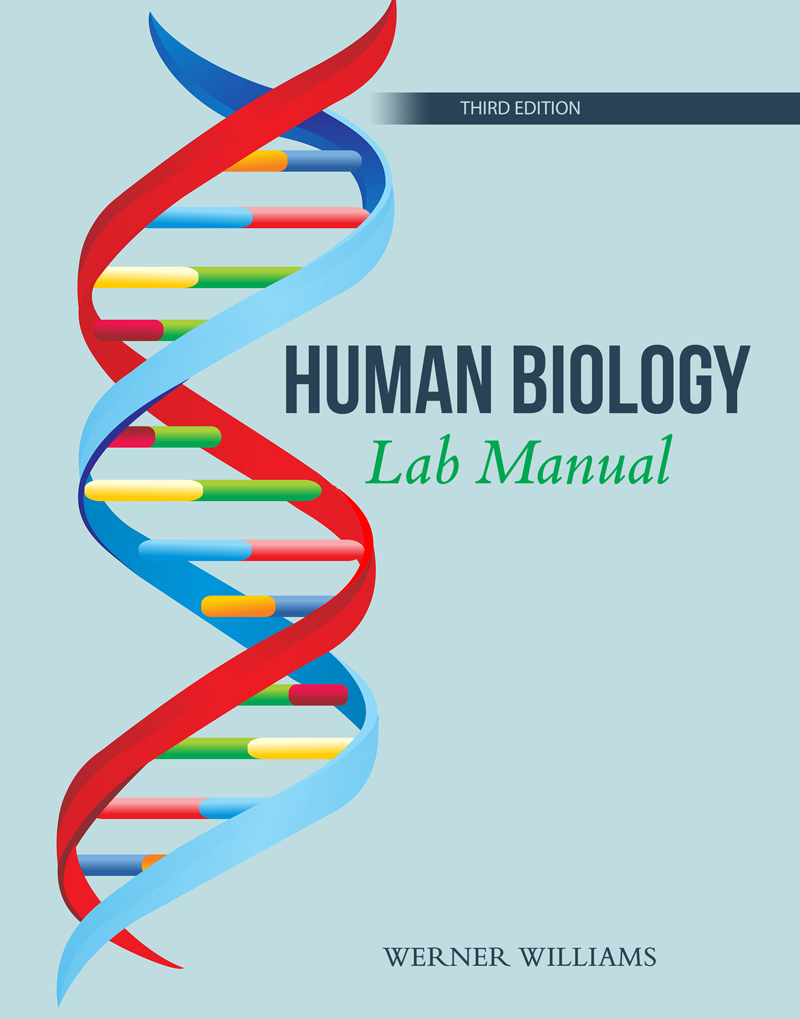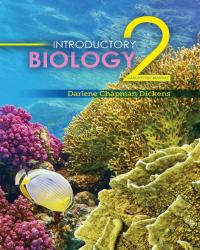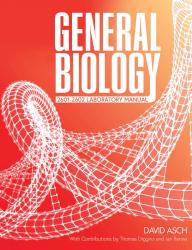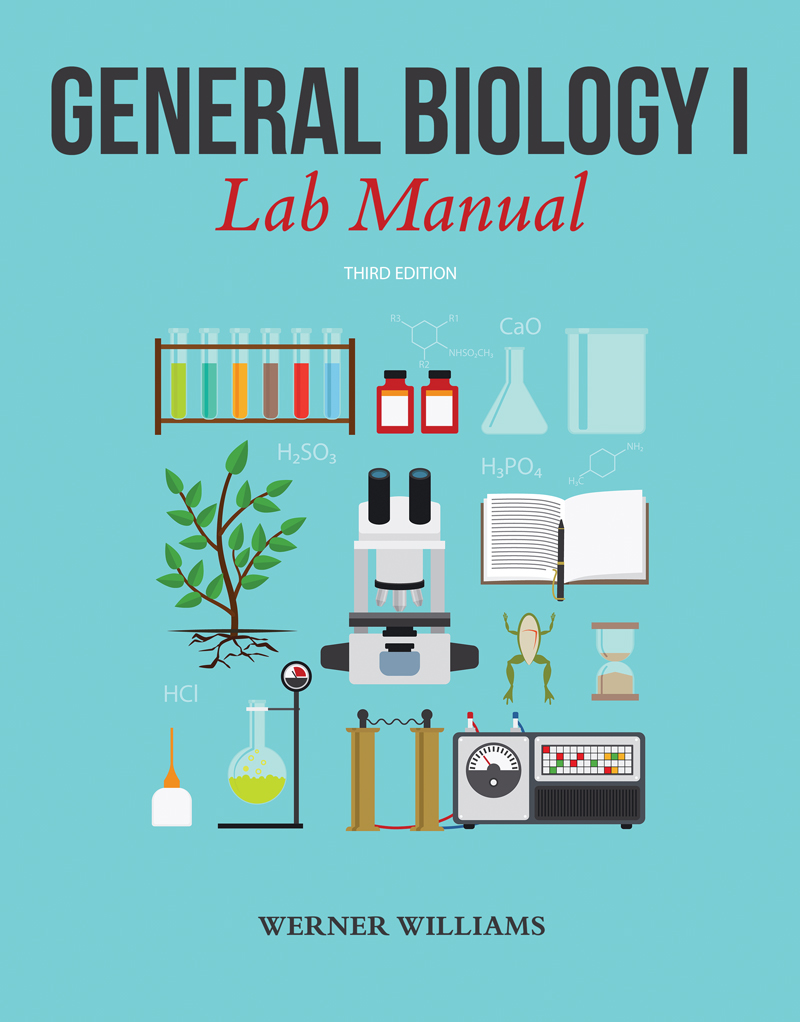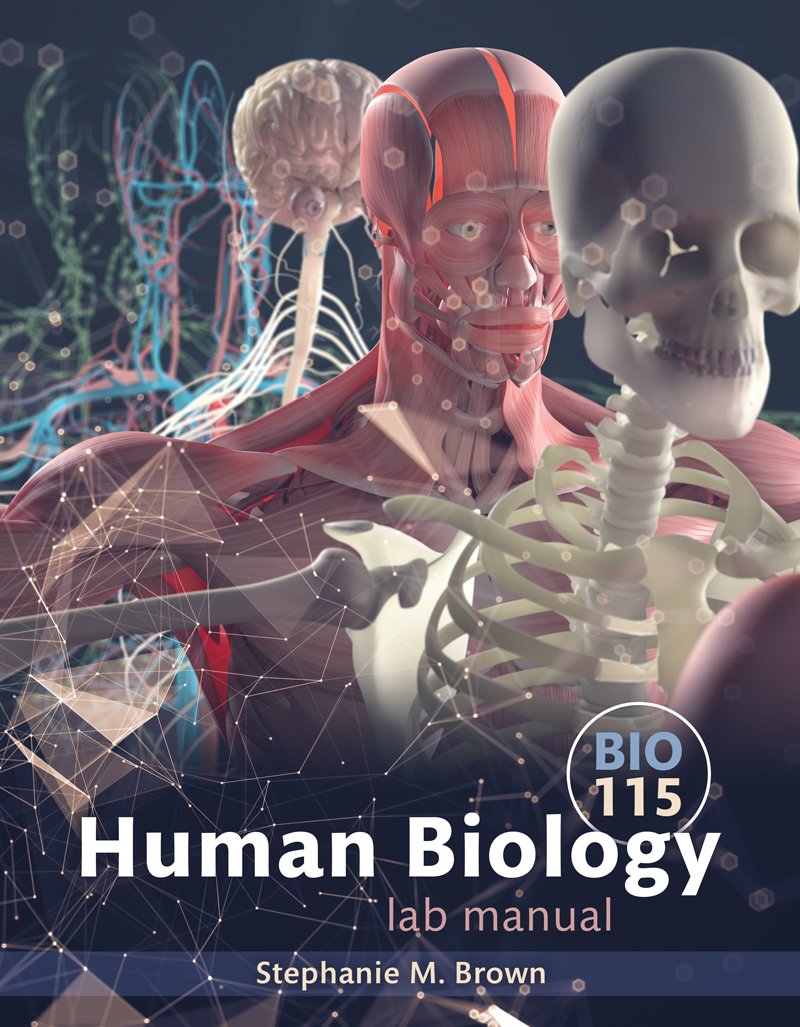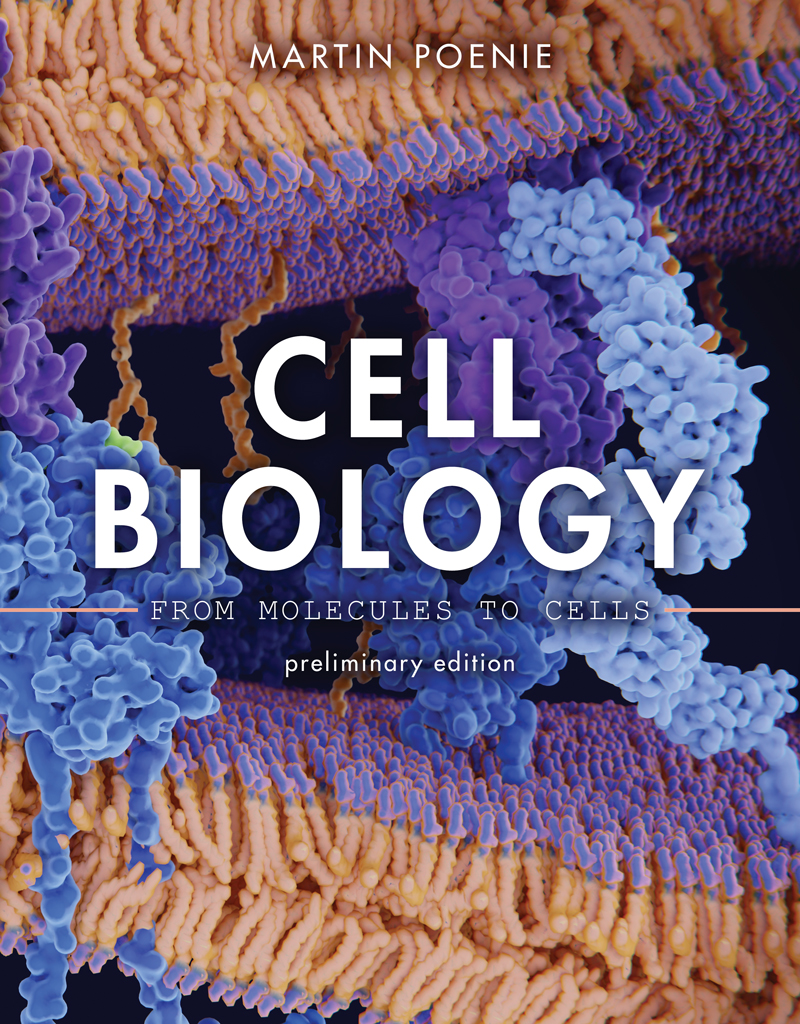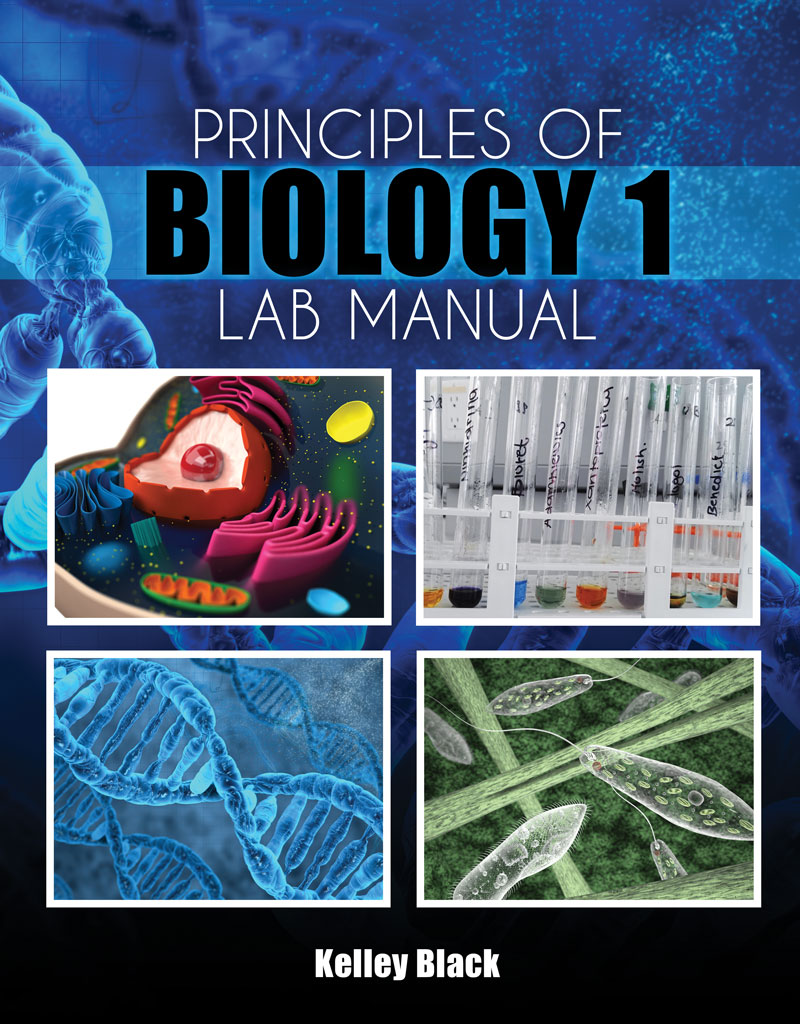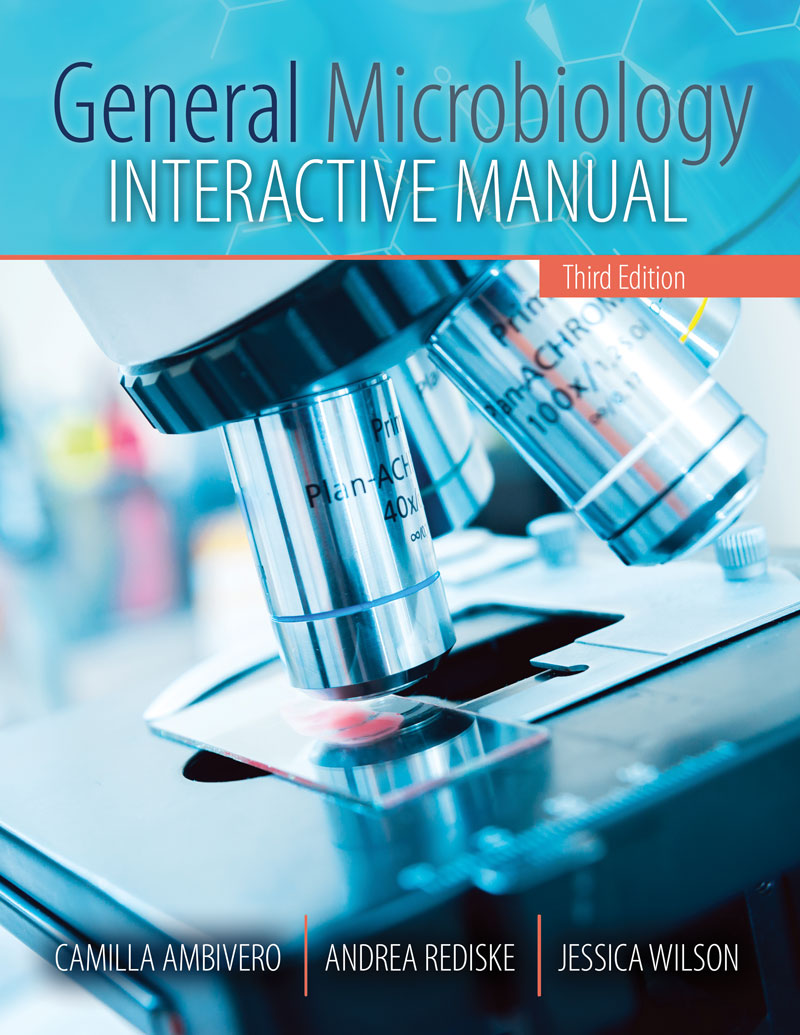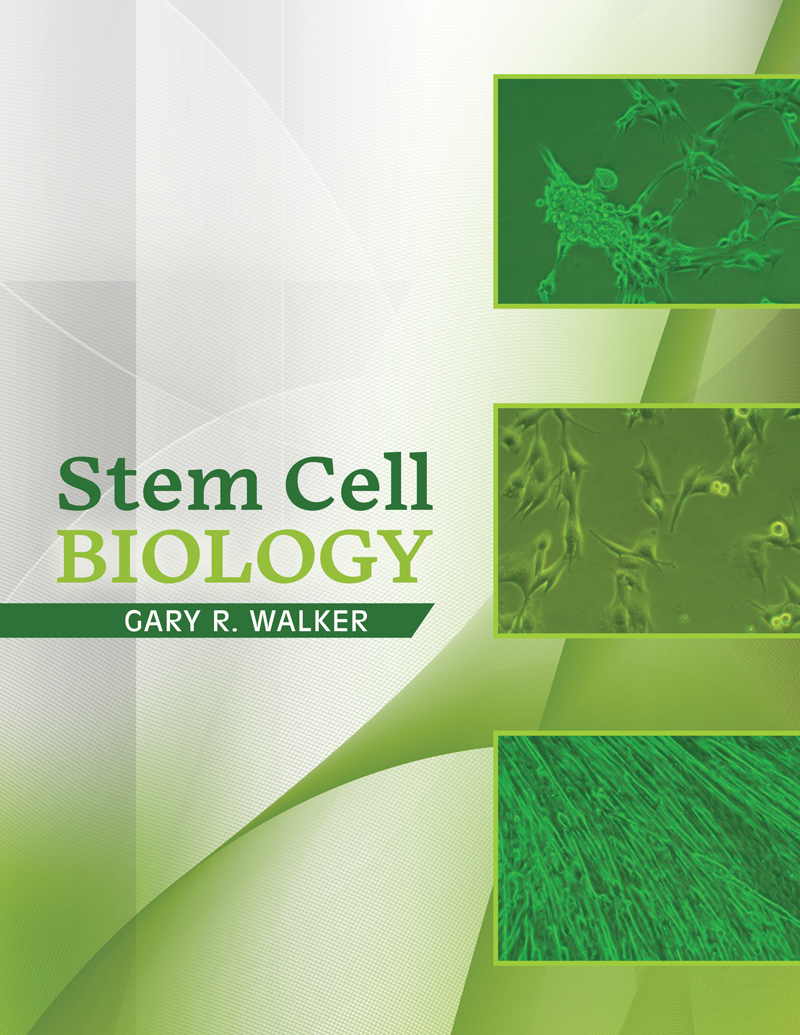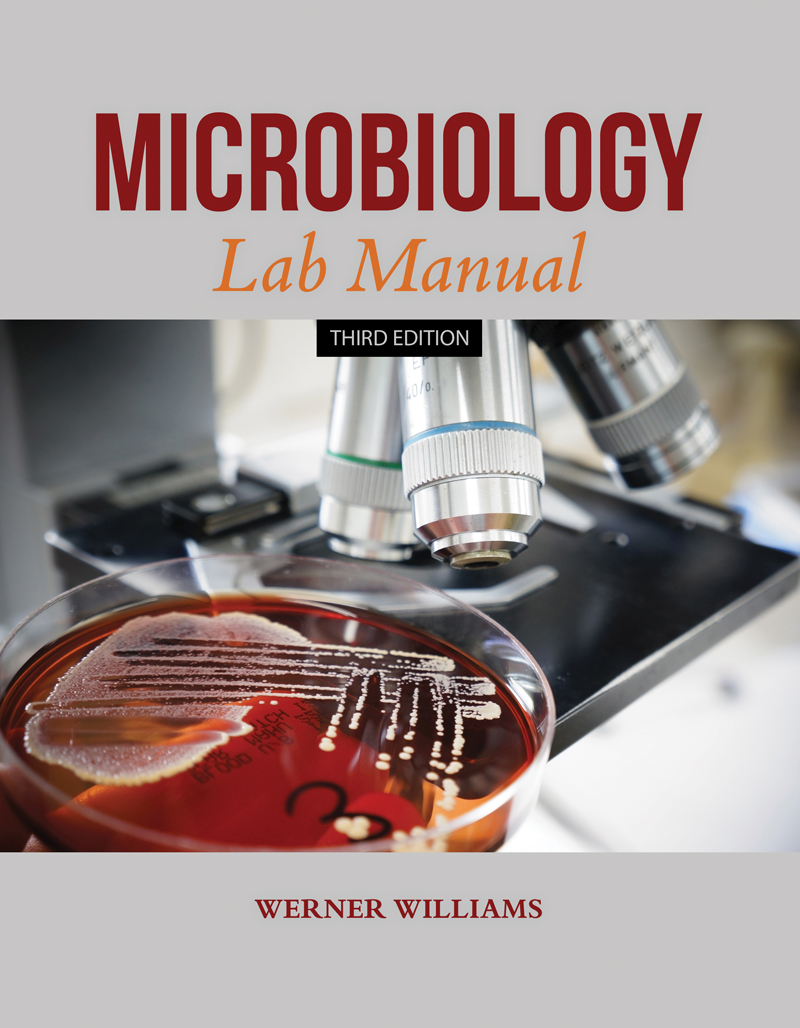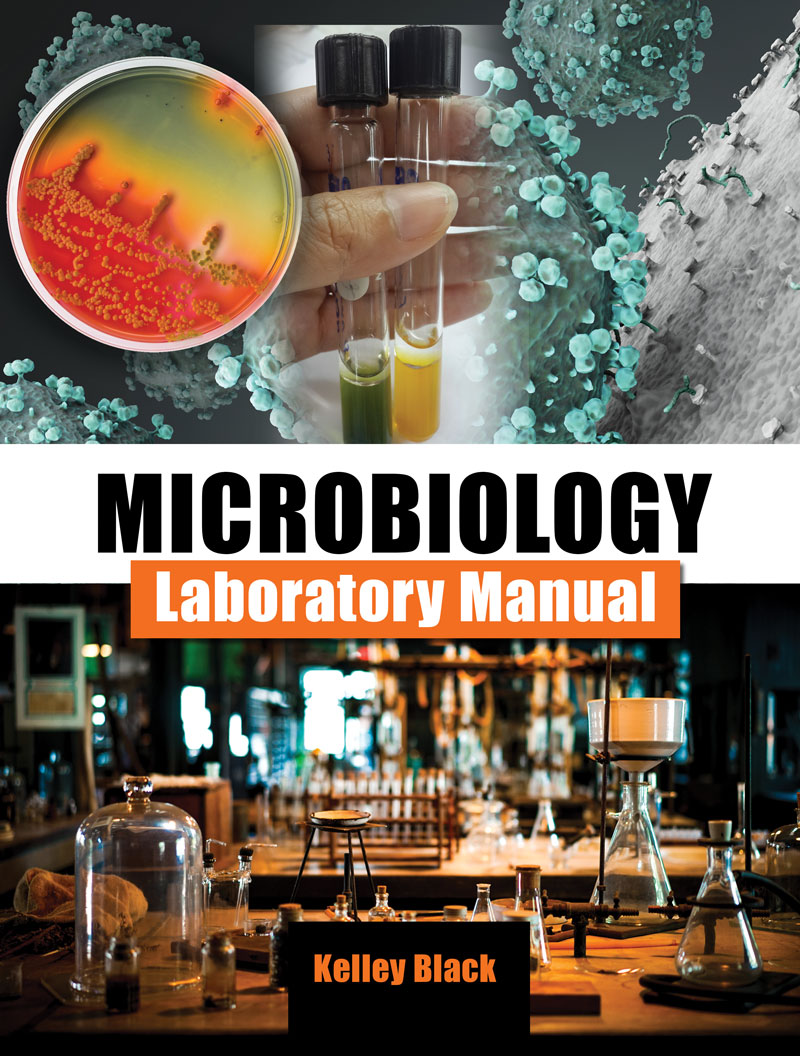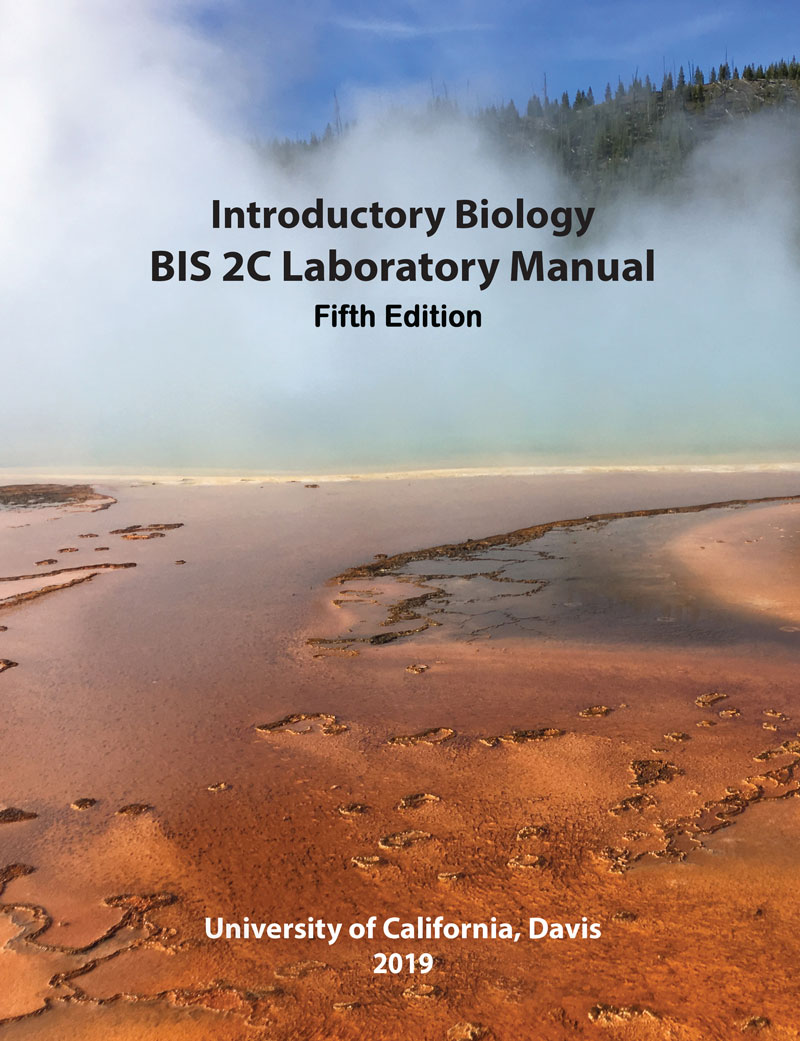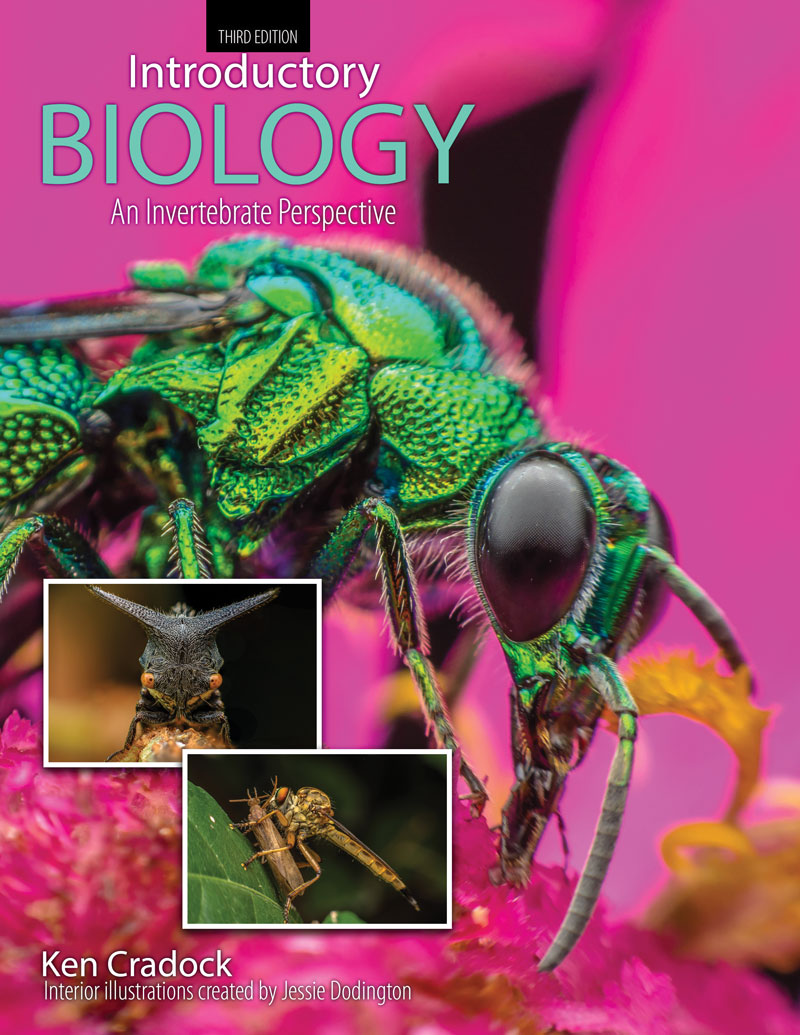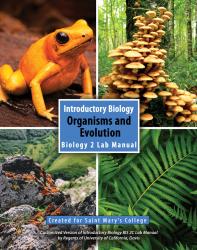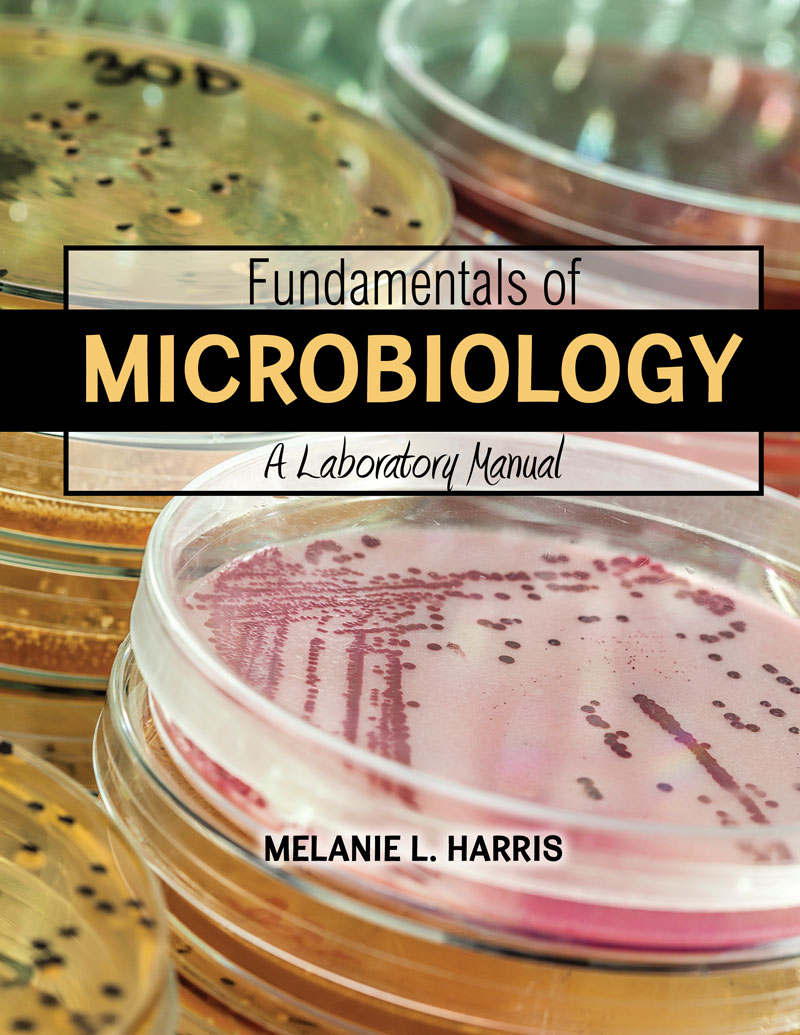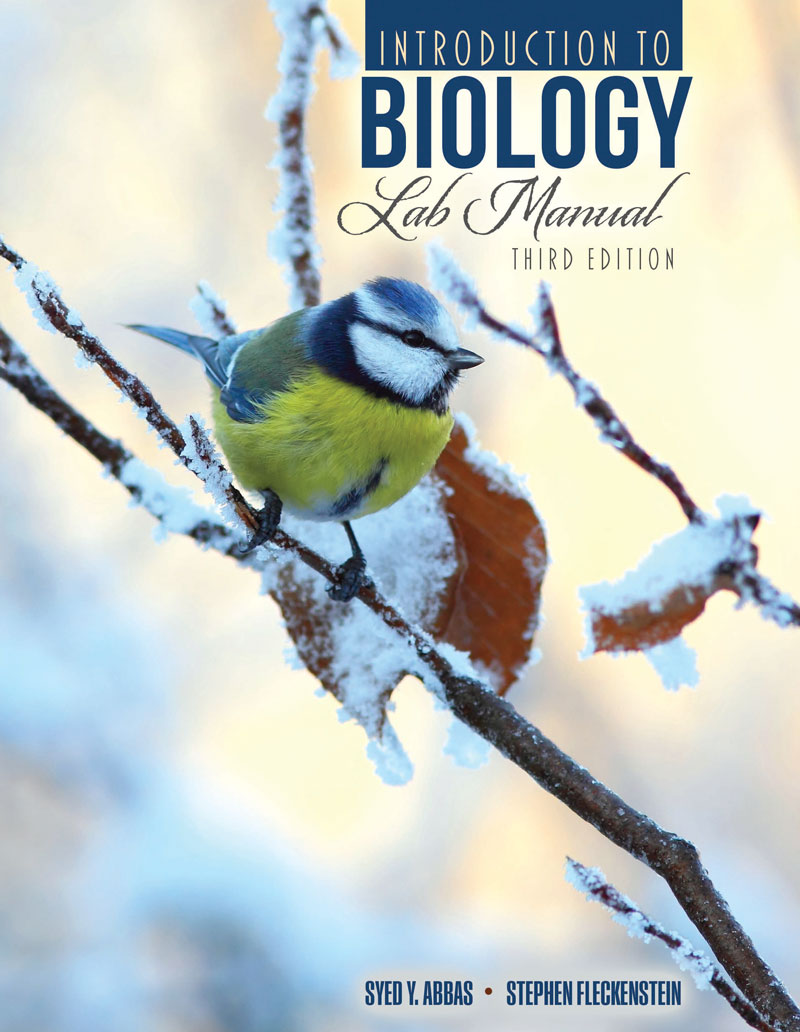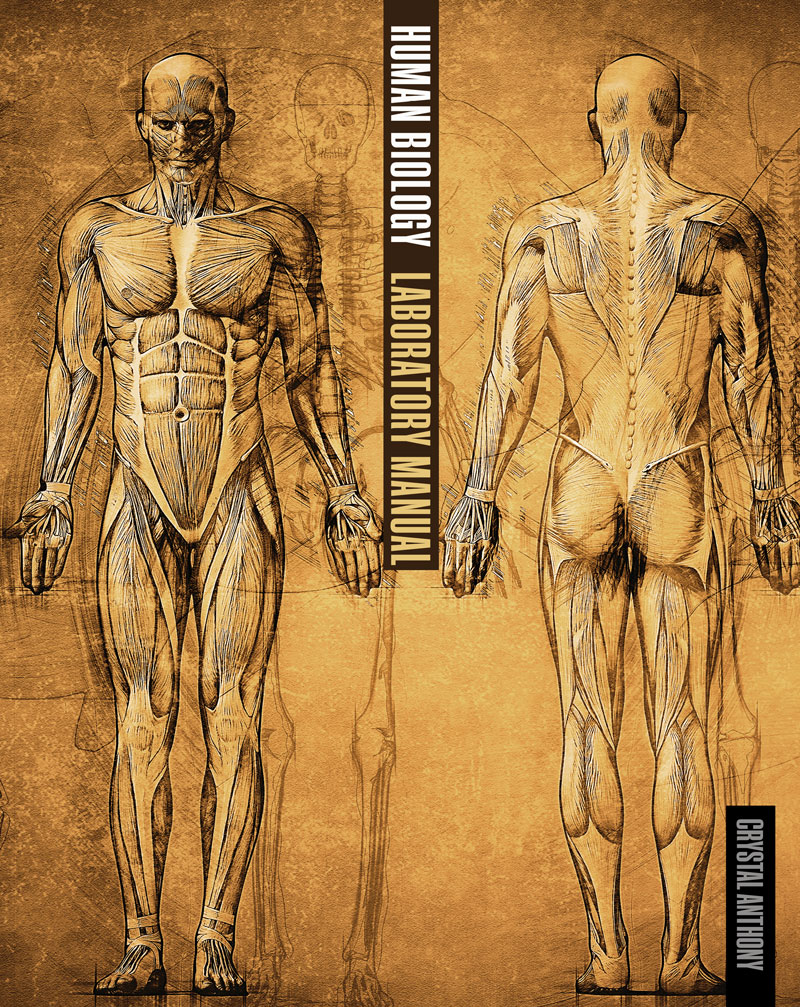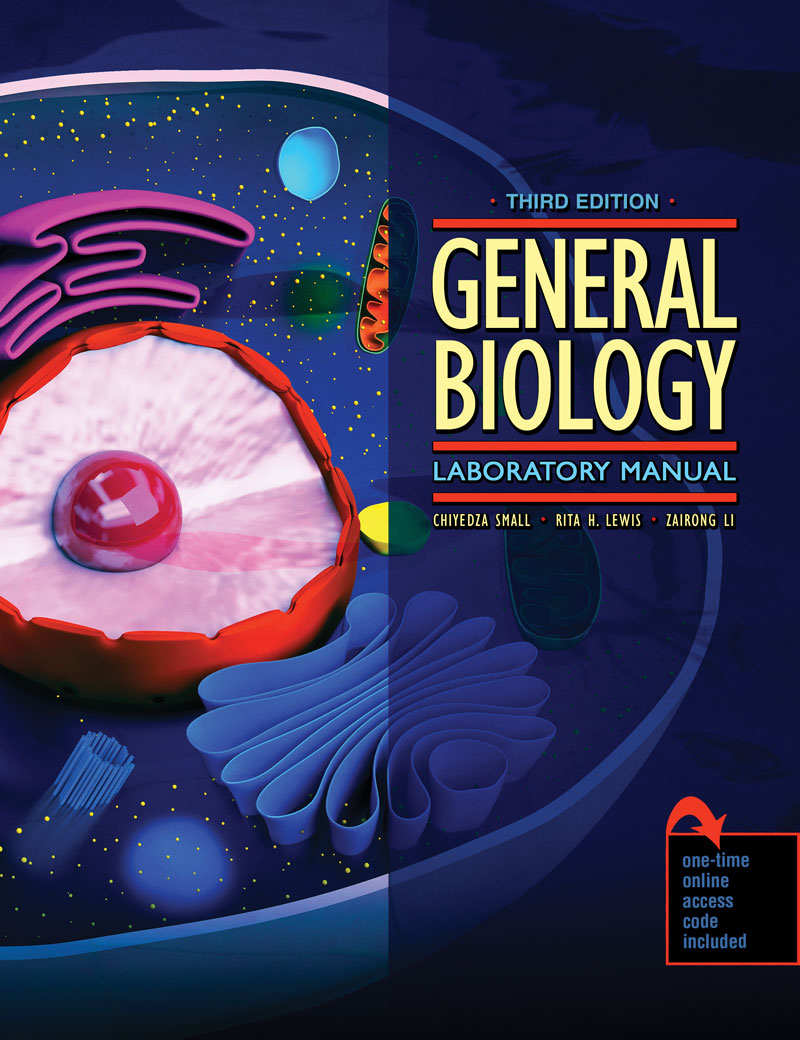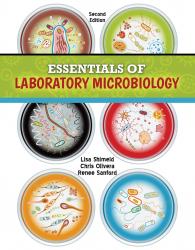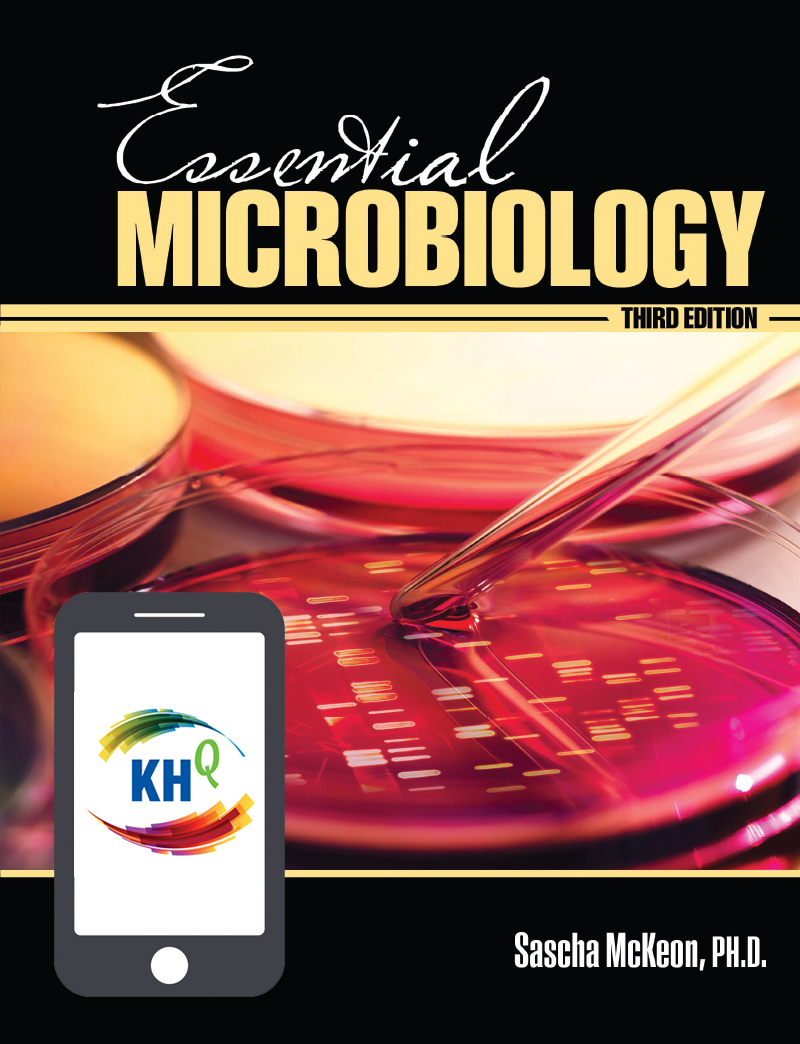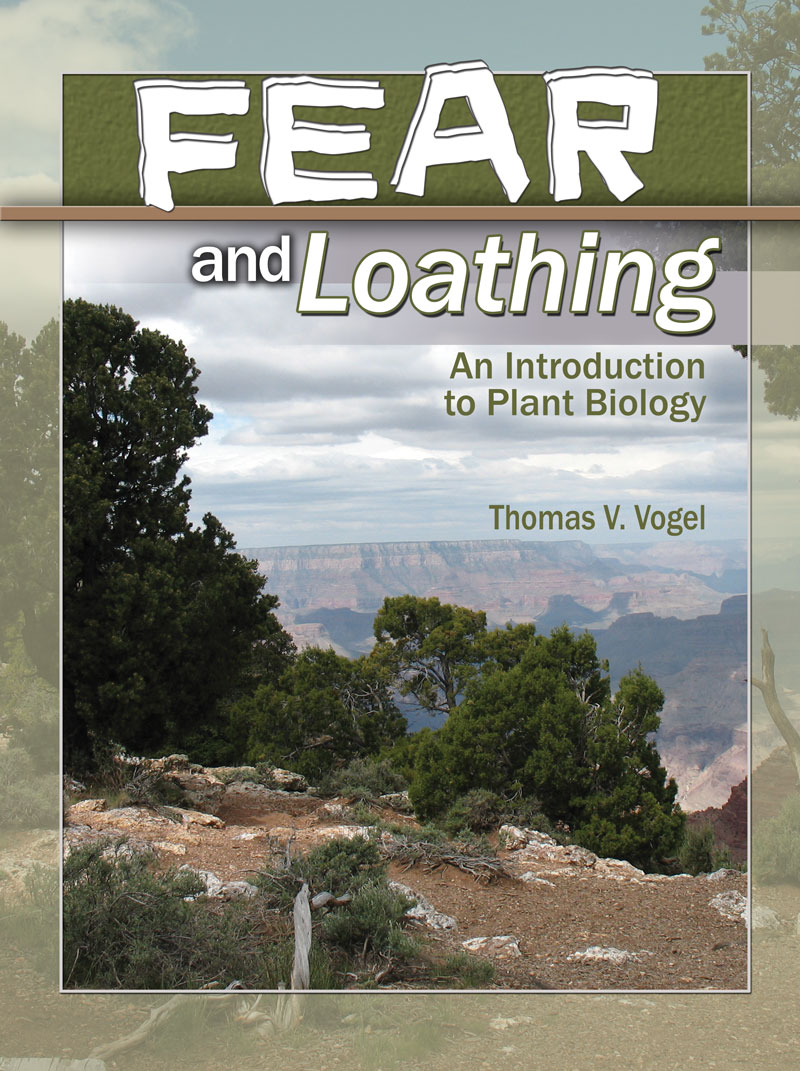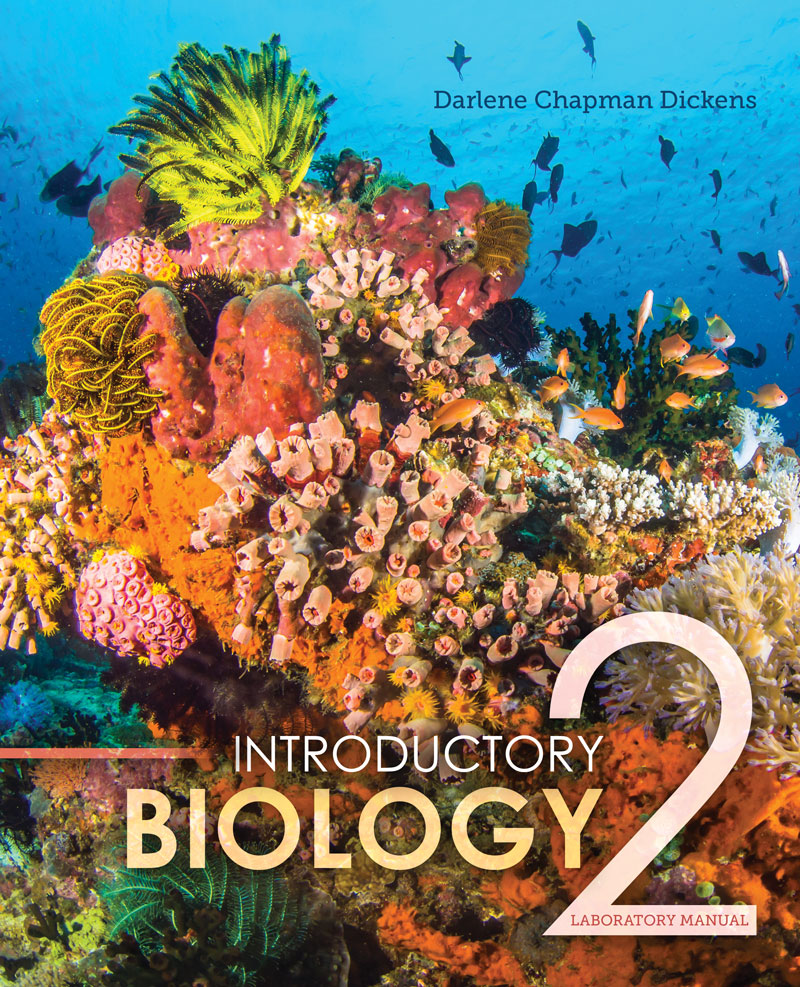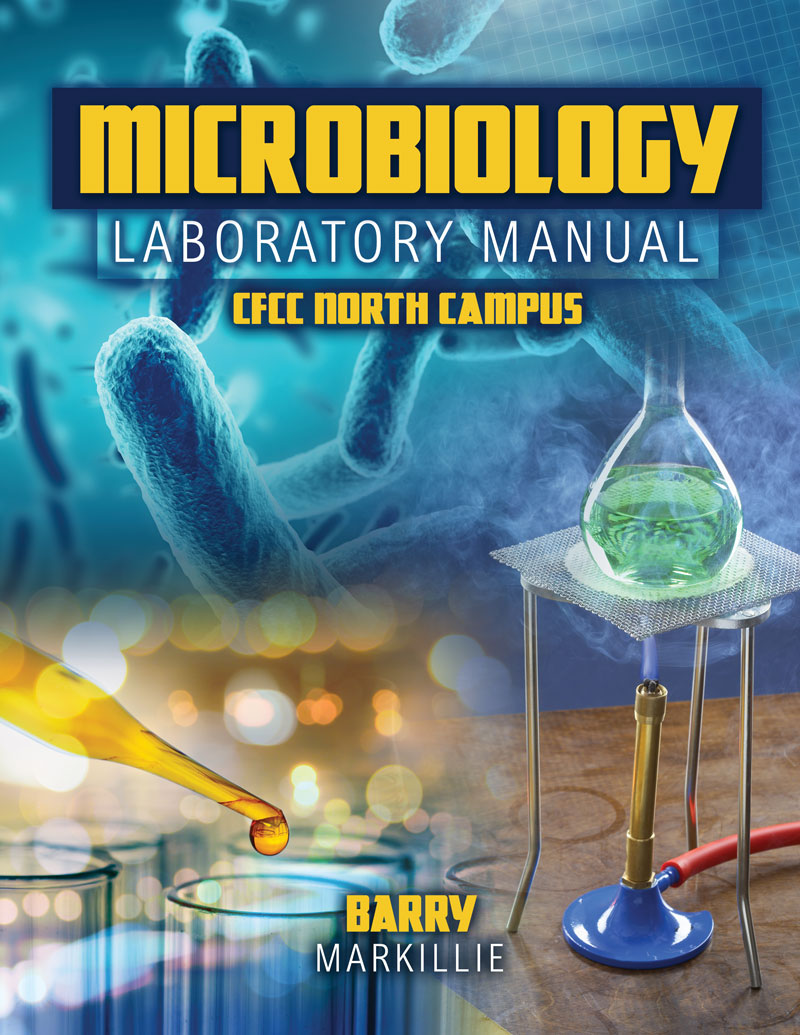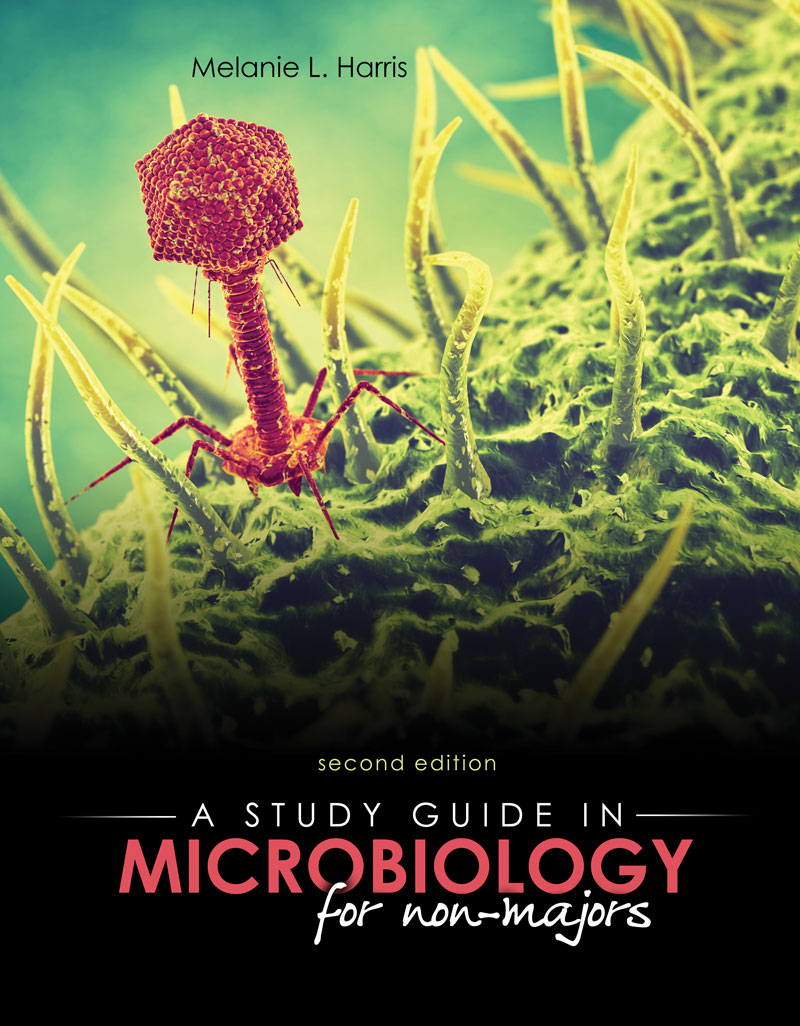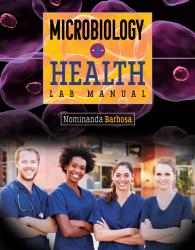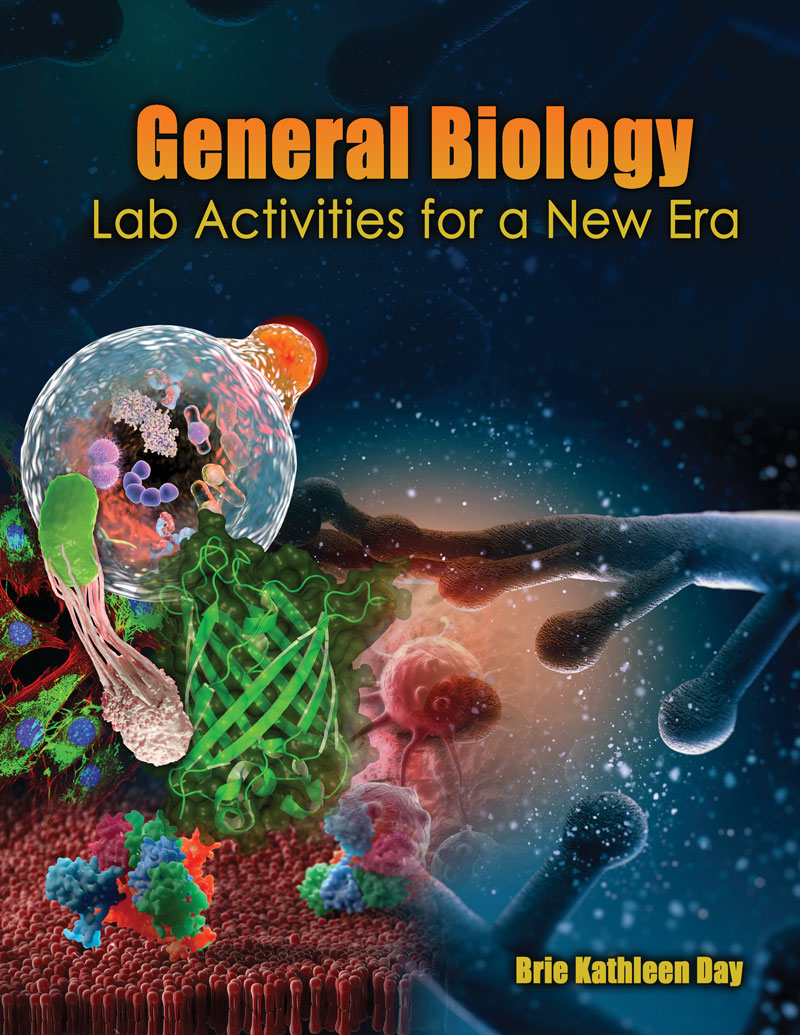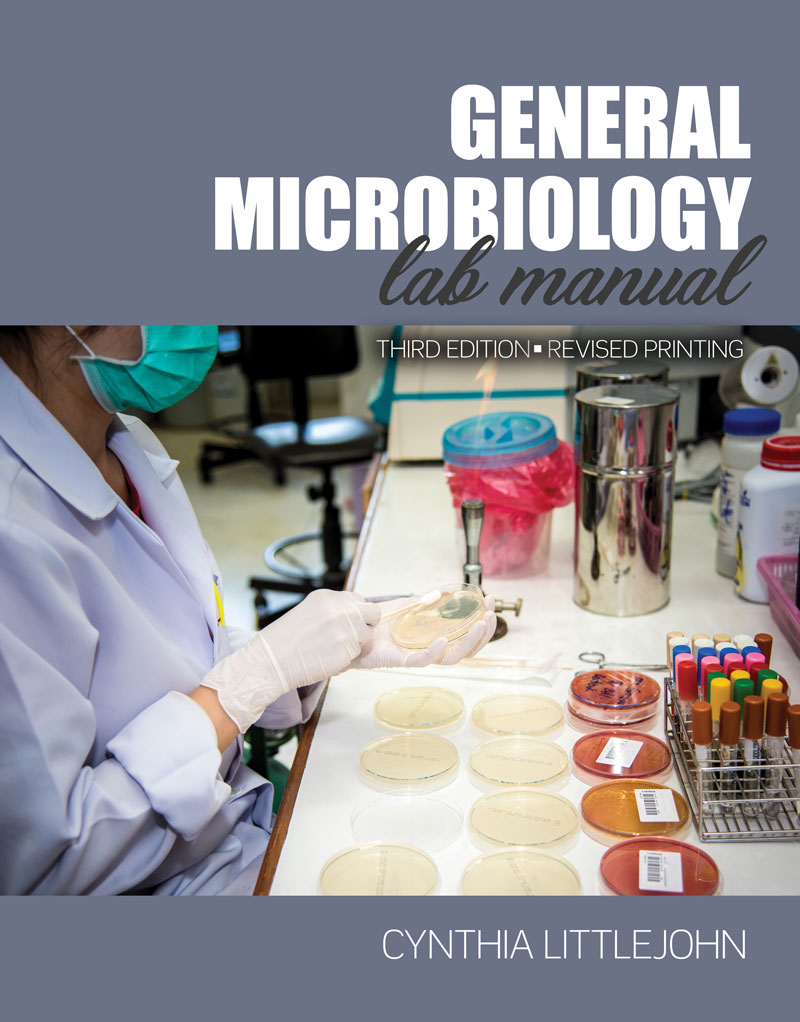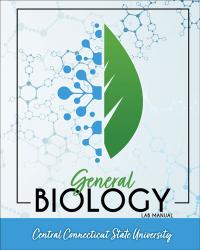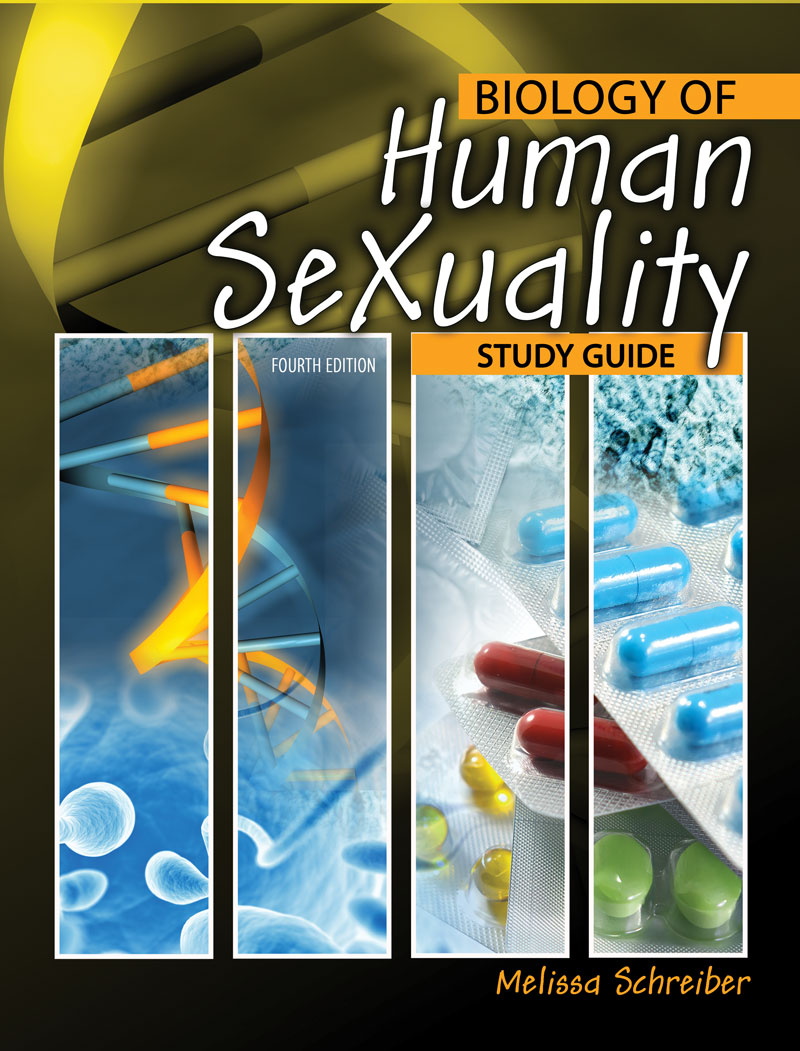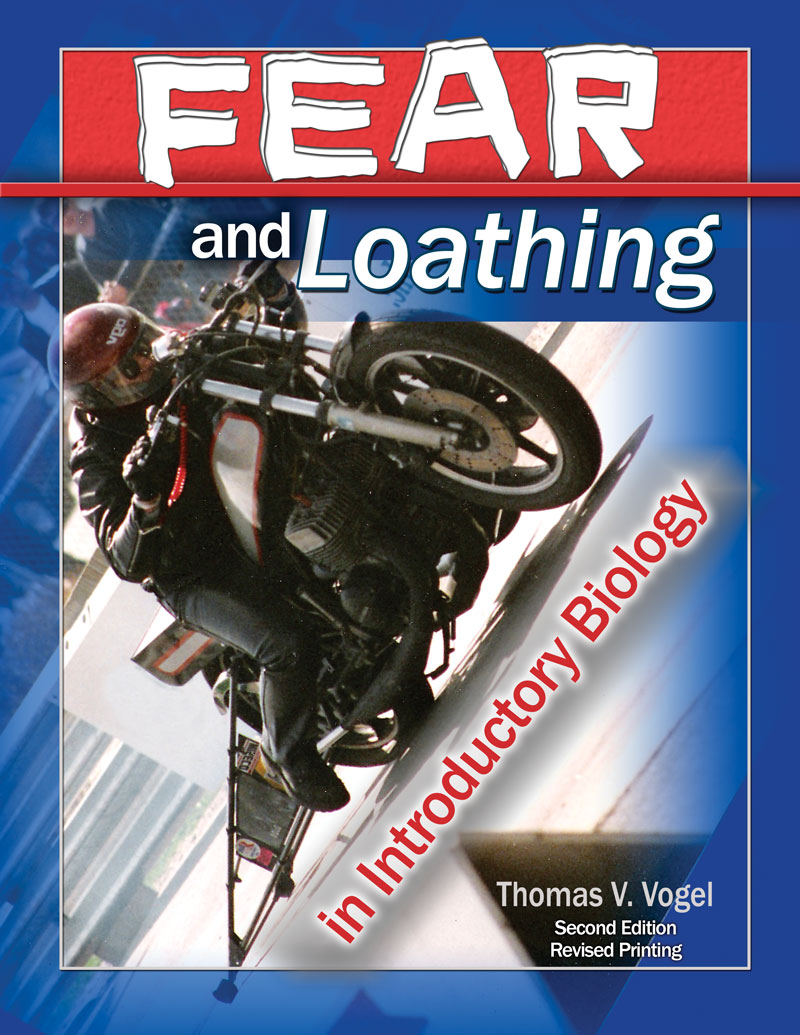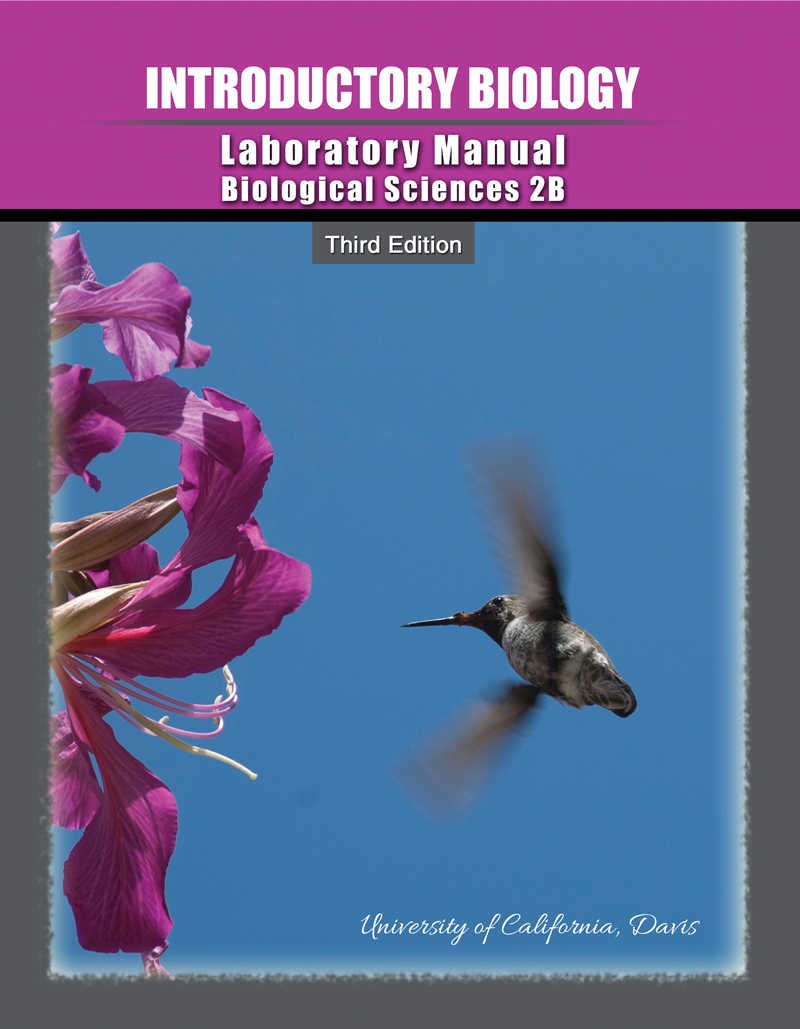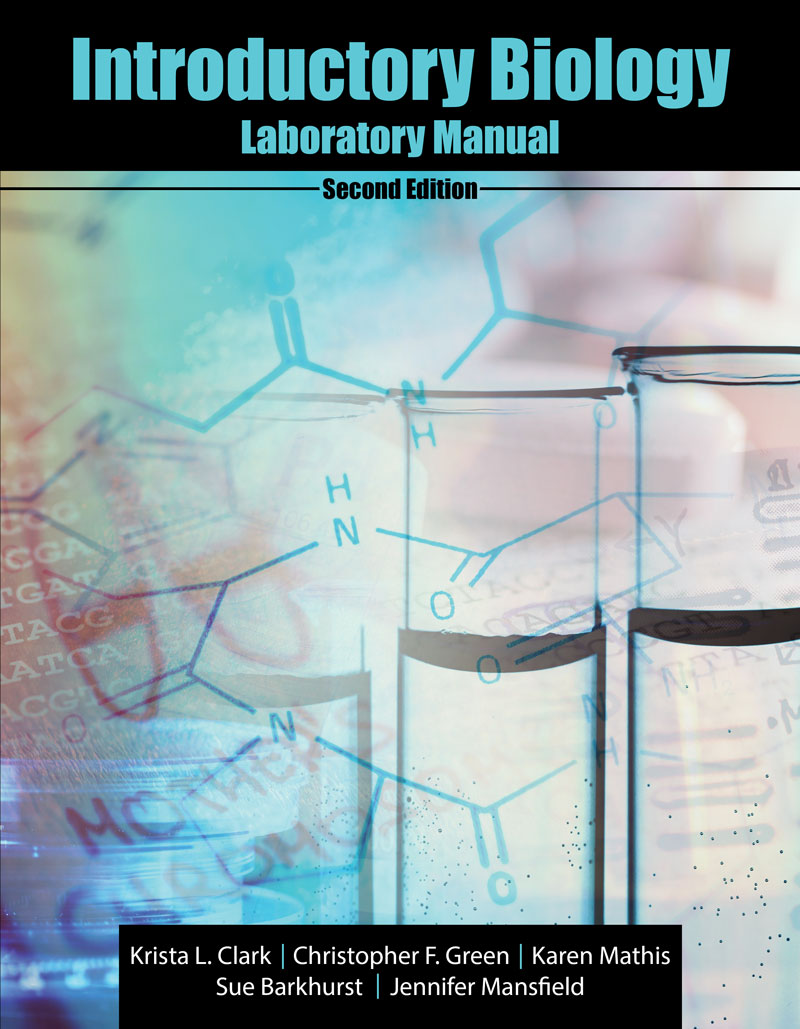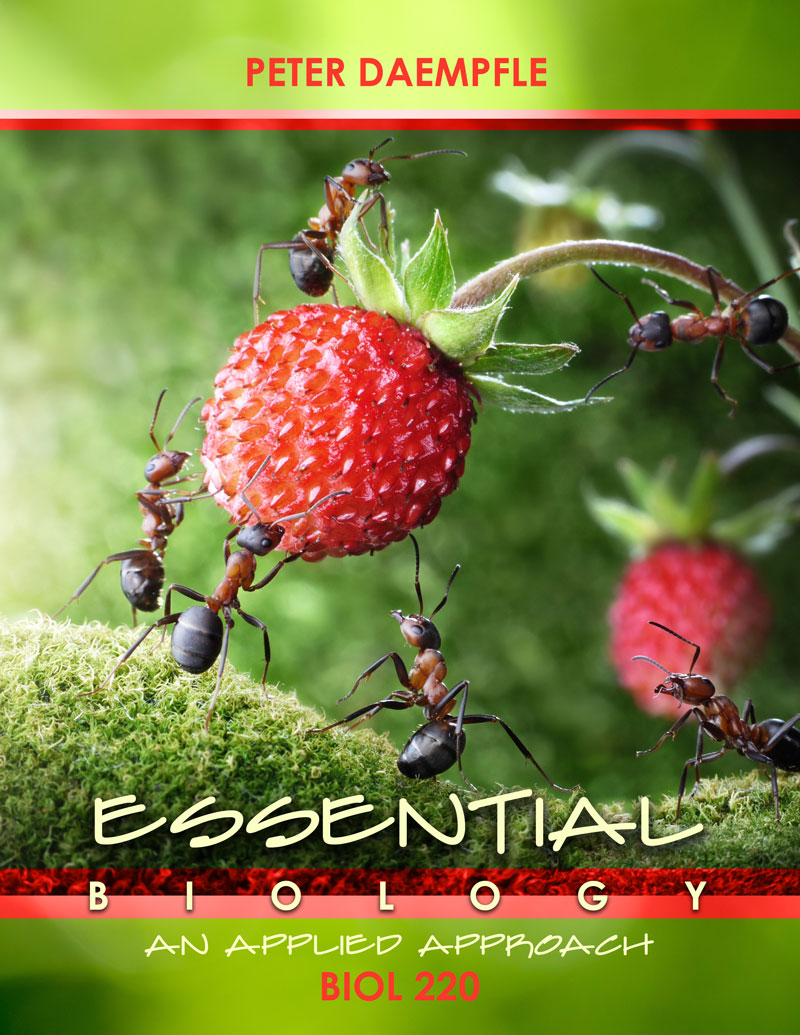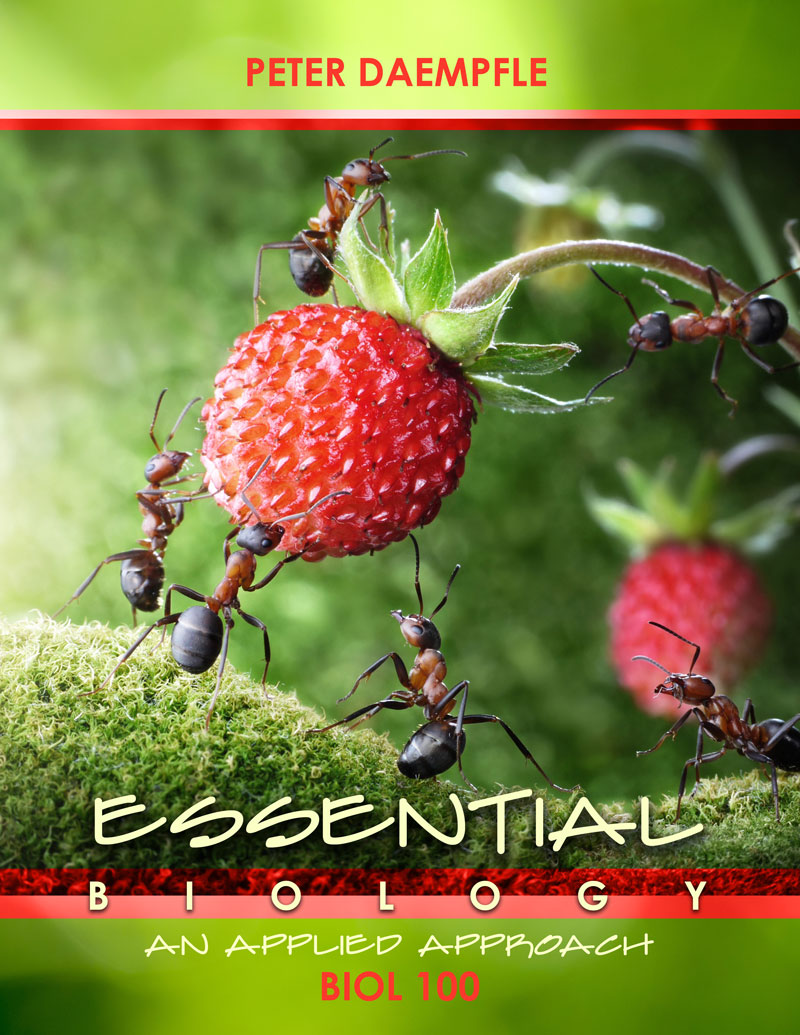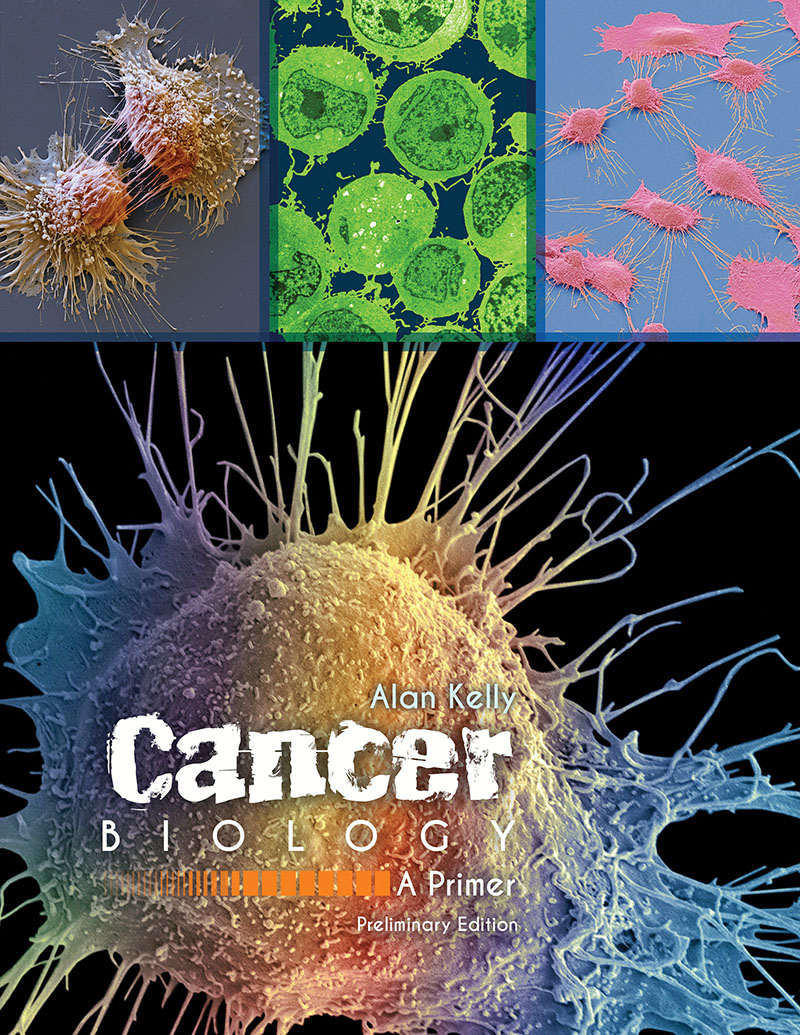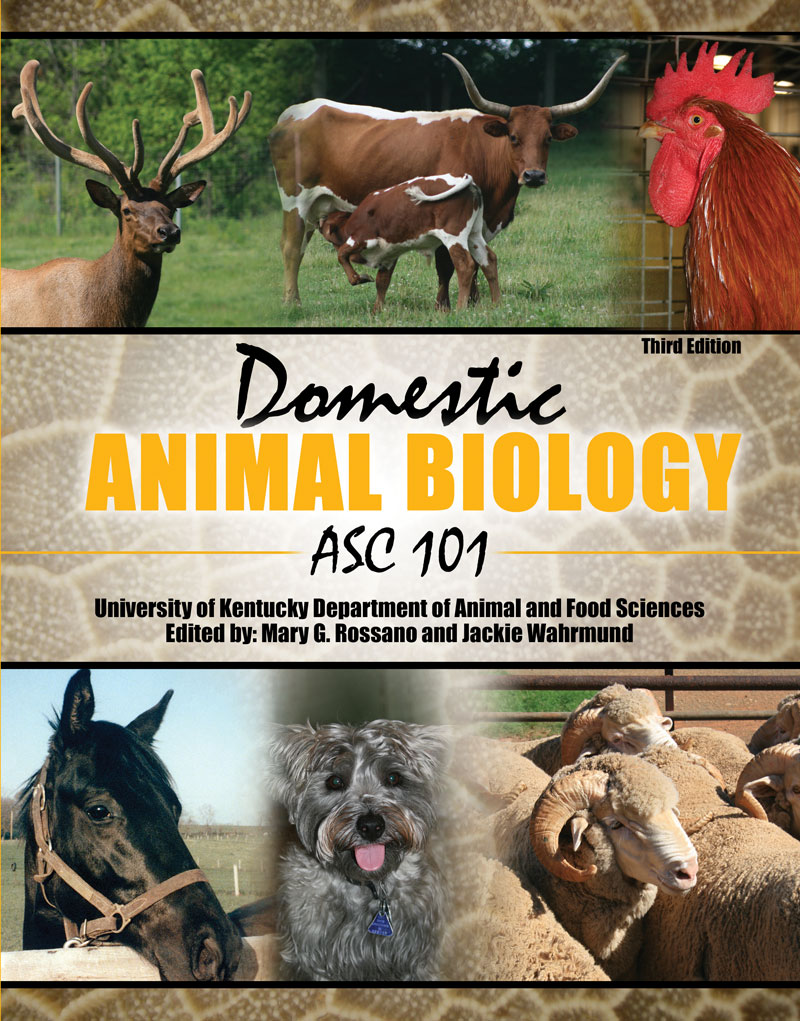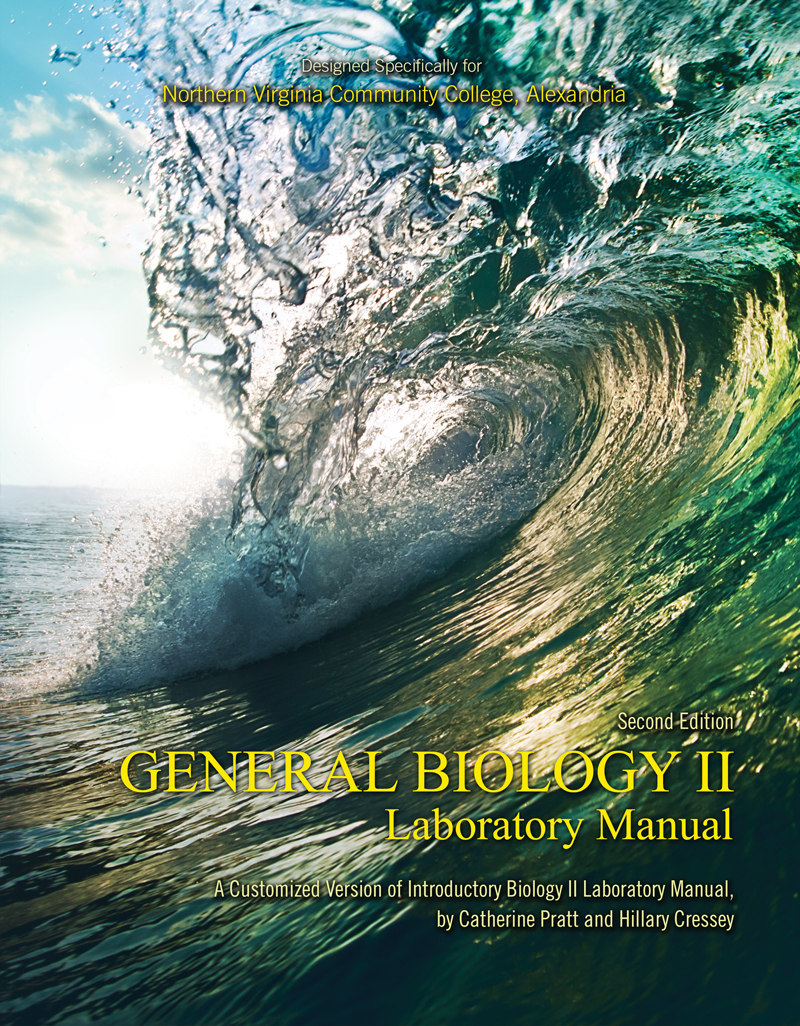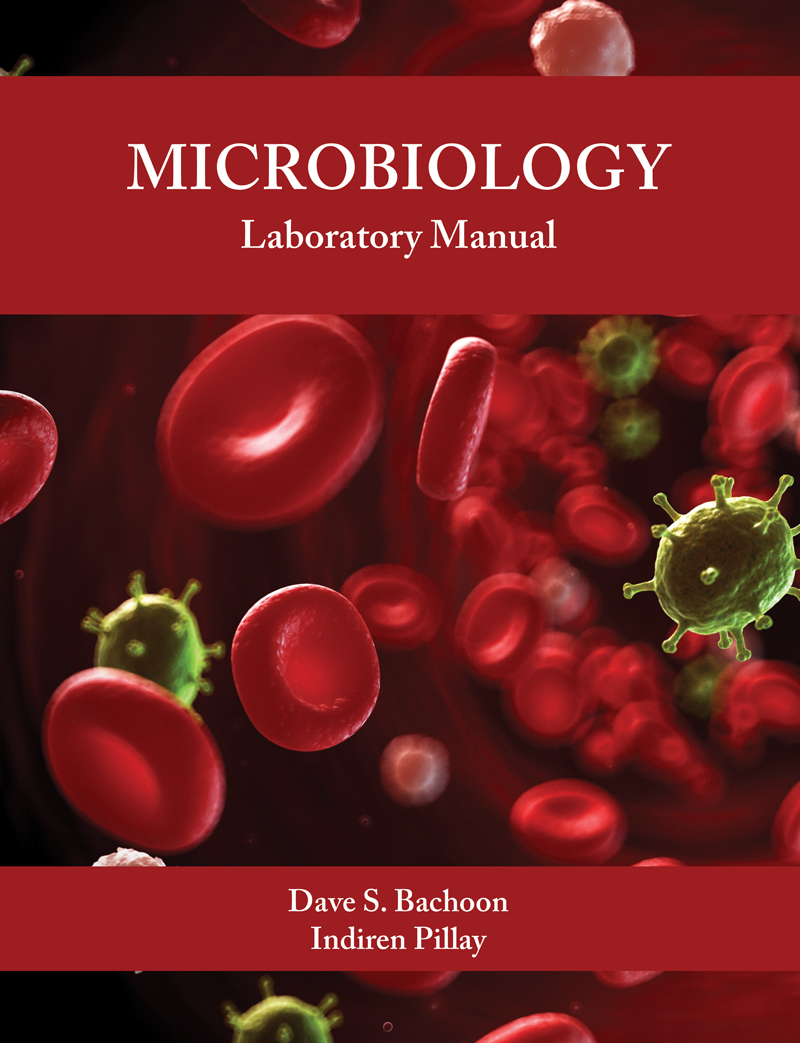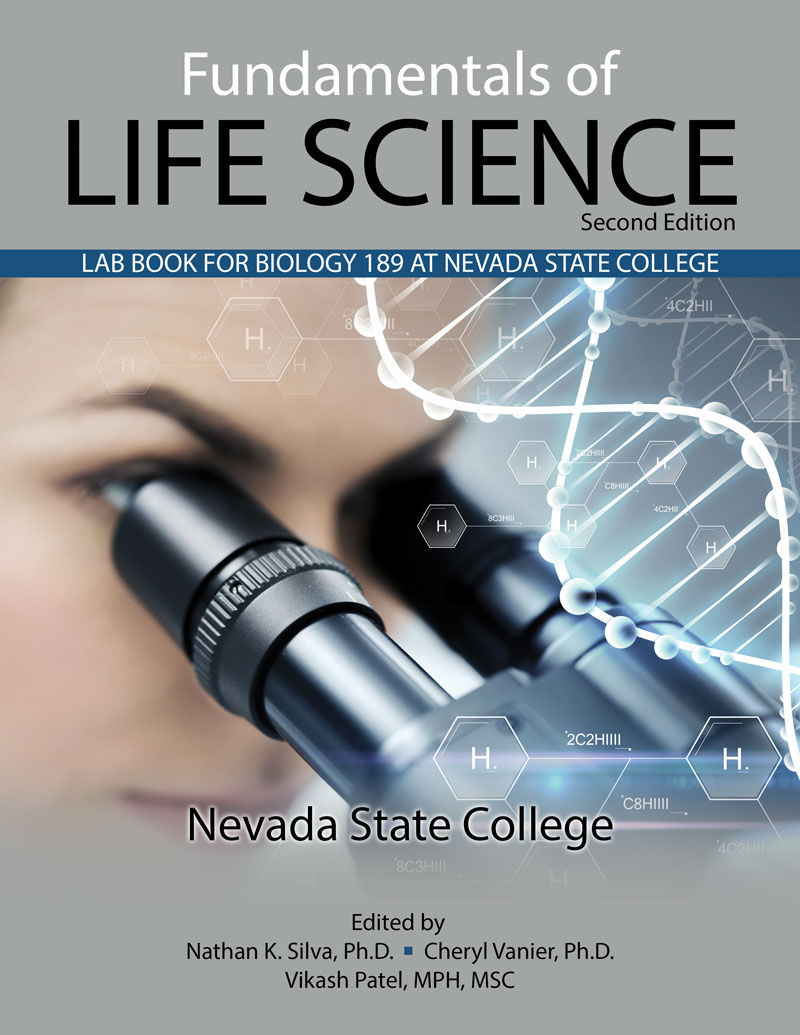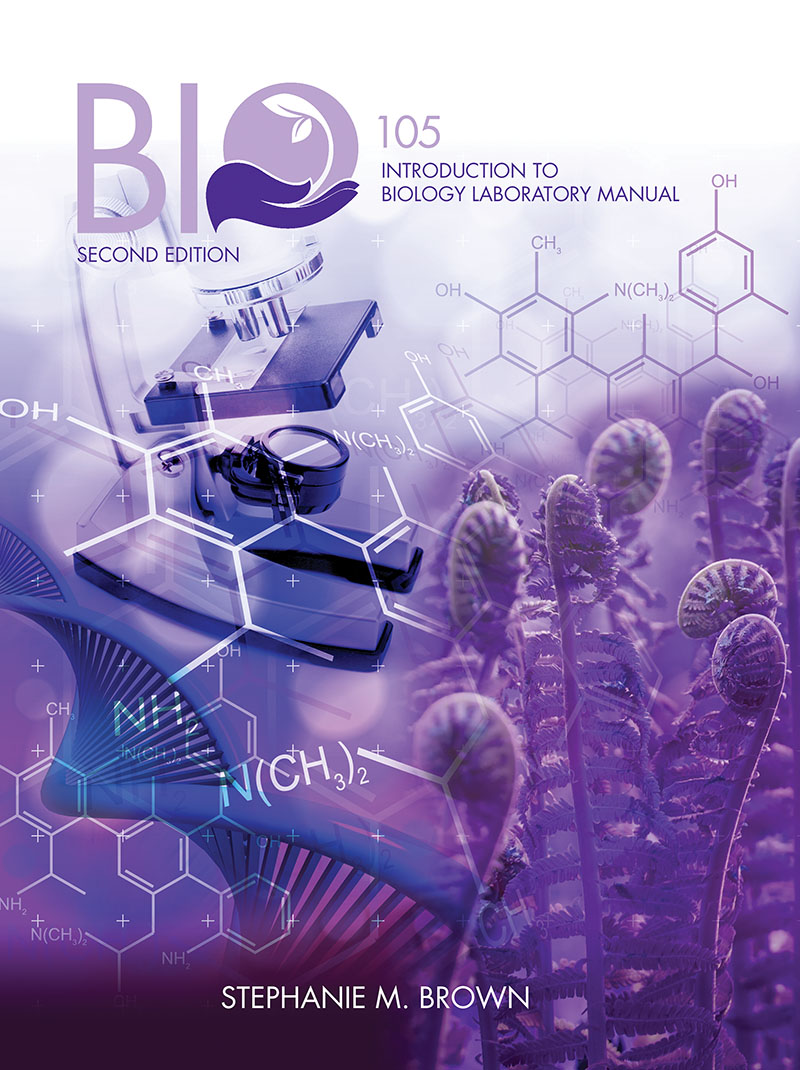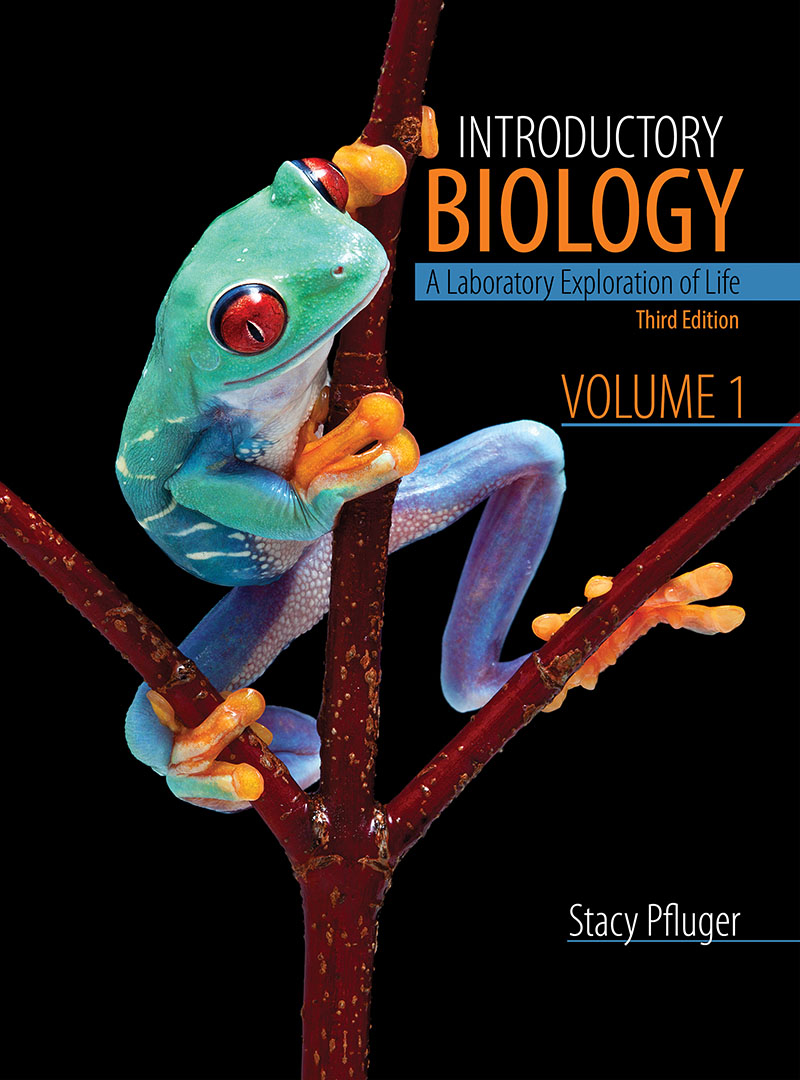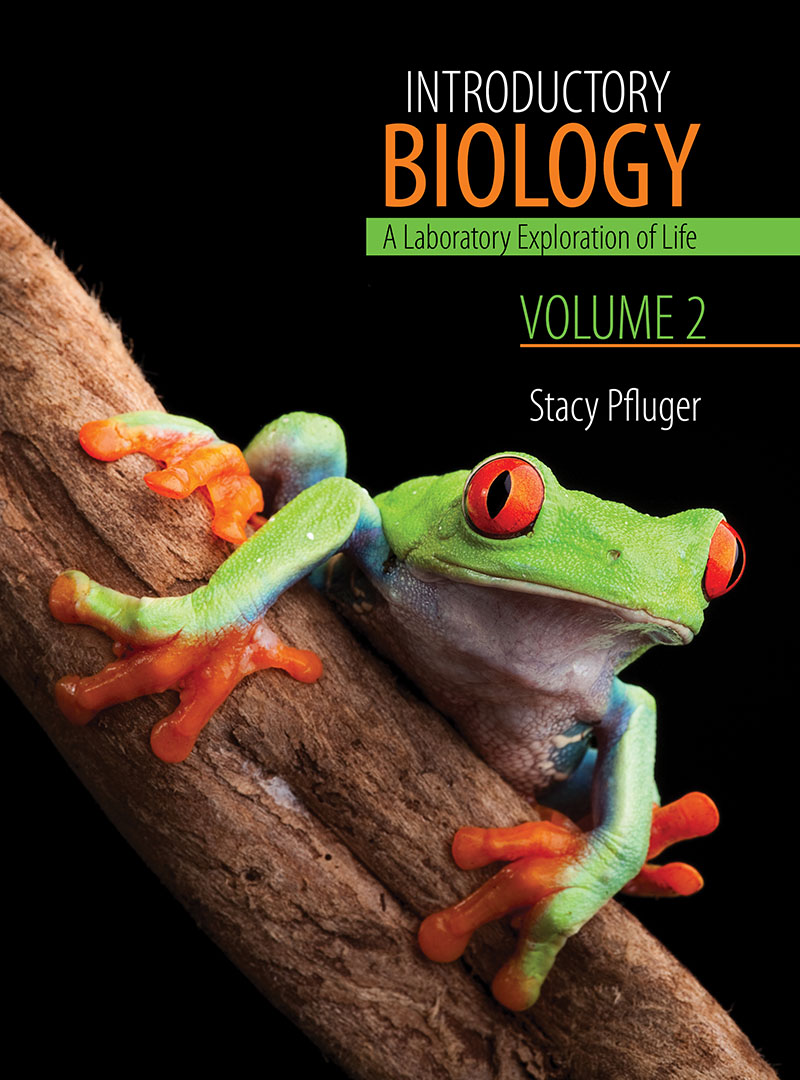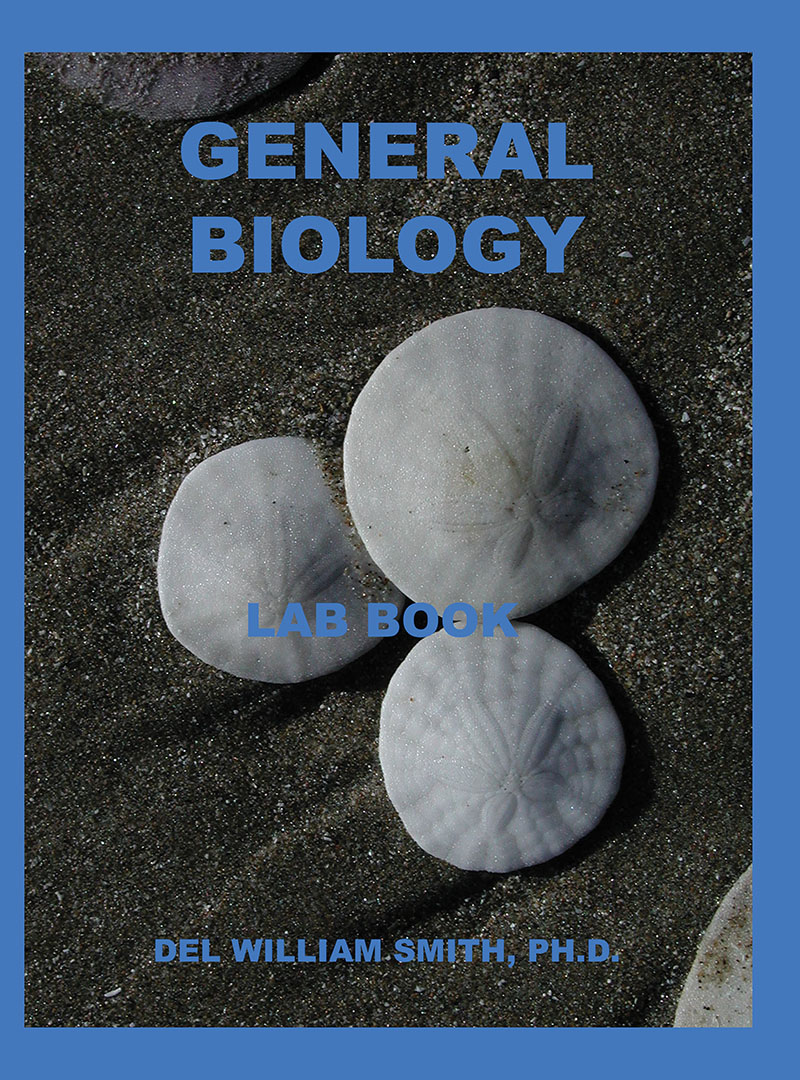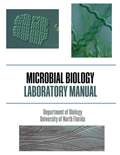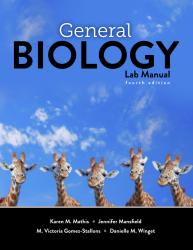
Biology I Laboratory is an introduction to applying the scientific method and using common laboratory procedures and equipment. This course is designed to develop a student's ability to think, work, and write like a scientist. Lab topics will include experimental design, enzyme kinetics, scientific writing, cell structure, and genetics. Using the techniques of microscopy, electrophoresis, and spectrophotometry, students develop skills in experimental design, scientific data collection and analysis, biotechnology, and critical thinking while interacting with broad diversity of prokaryotic…

Biology 2e is designed to cover the scope and sequence requirements of a typical two-semester biology course for science majors. The text provides comprehensive coverage of foundational research and core biology concepts through an evolutionary lens. Biology includes rich features that engage students in scientific inquiry, highlight careers in the biological sciences, and offer everyday applications. The book also includes various types of practice and homework questions that help students understand—and apply—key concepts.
The 2nd edition has been revised to incorporate clearer,…
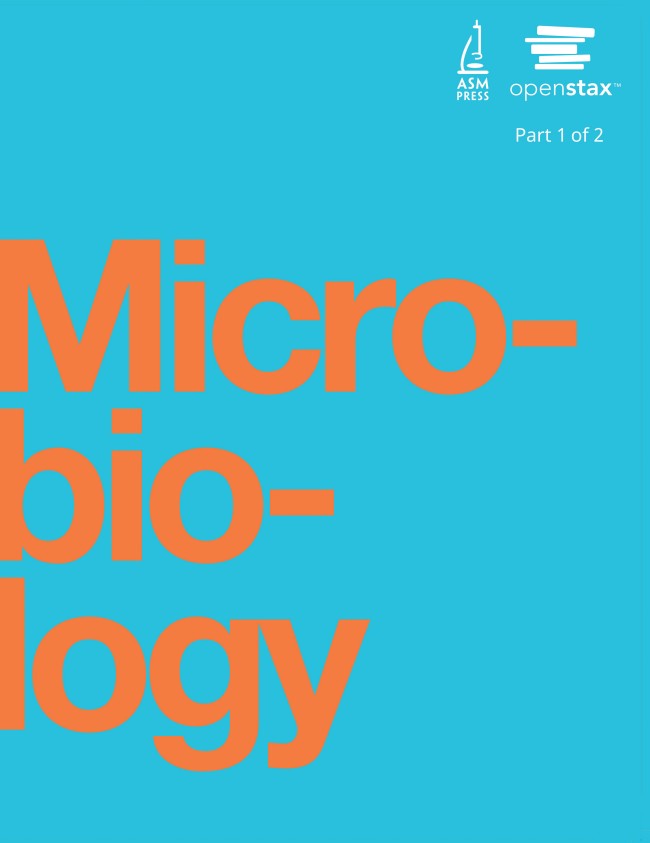
Microbiology covers the scope and sequence requirements for a single-semester microbiology course for non-majors. The book presents the core concepts of microbiology with a focus on applications for careers in allied health. The pedagogical features of the text make the material interesting and accessible while maintaining the career-application focus and scientific rigor inherent in the subject matter. Microbiology’s art program enhances students’ understanding of concepts through clear and effective illustrations, diagrams, and photographs.
Microbiology is produced through a…
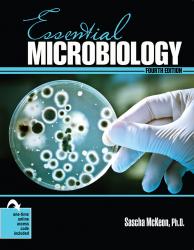
Essential Microbiology is an all-inclusive resource to students, serving as both textbook and lab manual to provide a foundation for allied health professionals and biology majors alike. Concepts are presented in easy to grasp excerpts making content accessible while maintaining rigor. Each chapter includes hands-on investigations and student worksheets, exposing students to 46 laboratory protocols.
Essential Microbiology emphasizes the diversity and evolution of microbial zoology with a focus on human-microbe interactions. Students…
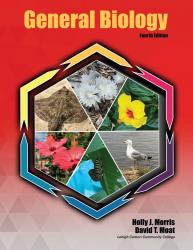
New Edition Now Available!
The laboratory component for General Biology I and II is intended for science majors and students needing a two-semester sequence of a laboratory-based science course. The laboratory exercises cover topics ranging from biological chemistry, cell biology, and genetics, to plant and animal diversity, evolution, and ecology. In addition, students are introduced to basic laboratory skills and procedures such as using the microscope, learning to pipette properly, making solutions, and using…
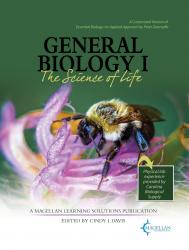
General Biology I: The Science of Life is a foundational publication for non-major’s biology students. It comes with a kit that includes everything the student needs for the course, making it perfect for online courses as well as in-person learning. This publication integrates biology with everyday life, explores paradoxes, features mnemonic learning strategies, and more!
The print option offers both textbook and lab manual in print format, whereas the ebook option will deliver both textbook and lab manual digitally in the same ebook code.
Biochemistry and Cell Biology: The Science of Life provides an overview of the chemical and biological processes associated with life. Chapter topics include Biochemical Pathways, Enzymes, Mitosis, Bioengineering and Biotechnology, and more!
Biochemistry and Cell Biology features:
- A study tip at the start of each…
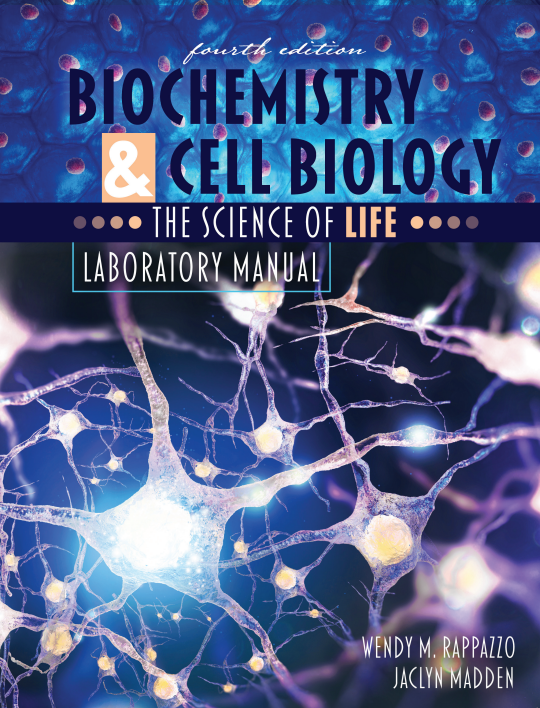
This purchasing option contains only the eBook version of the Lab Manual. To order the textbook and lab manual PAK visit www.kendallhunt.com/rappazzo

Perhaps you are a teacher with a gender-nonconforming child in your classroom, a parent concerned about your child’s behavior, or a person wanting to better understand the basics of gender and gender dysphoria.
This book makes no assumptions about your previous knowledge or experience. The first two chapters introduce terminology and describe the timing and stages of gender development for most boys and girls. The following chapters deal with gender in youth with gender dysphoria or who are affected by a disorder of sex development. These chapters provide a foundation for…

This laboratory manual is intended for use in General Biology courses. The manual has lab activities that can be carried out in approximately a two hour time period and that compliment many of the central themes that are covered in typical introductory General Biology 1 and 2 courses. Some topics covered include taxonomy, an introduction to the microscope, cells and tissues, an investigation of osmosis, enzyme analysis, cell division, metabolism, plant anatomy, genetics, DNA technology, Hardy-Weinberg principle, and animal anatomy. Also included in the manual are guidelines to writing…
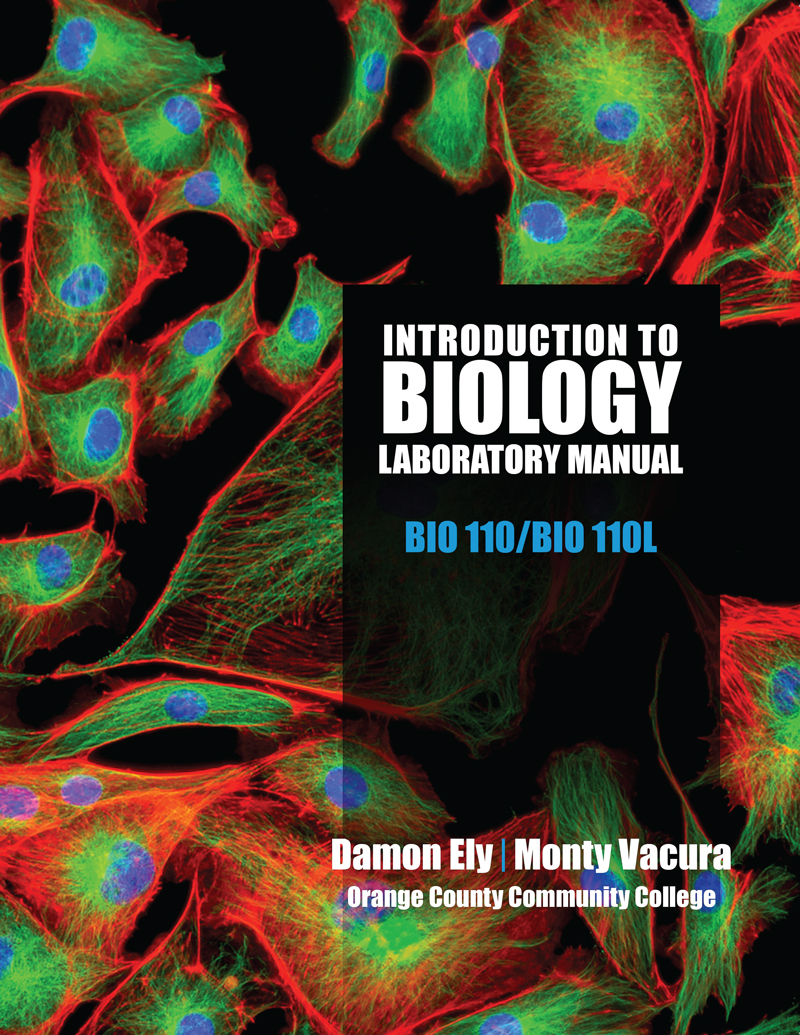
The Introduction to Biology Laboratory Manual by Ely and Vacura was created for first-year biology students to help them gain fundamental laboratory skills. The investigations and activities encompass a broad range of topics including the metric system and measurement, microscopy, human organ systems, cell division, basic cell physiology, and patterns of inheritance. The laboratory exercises are intended to strengthen students' understanding of the material covered in their lecture course.
Each chapter guides students through a subject with…
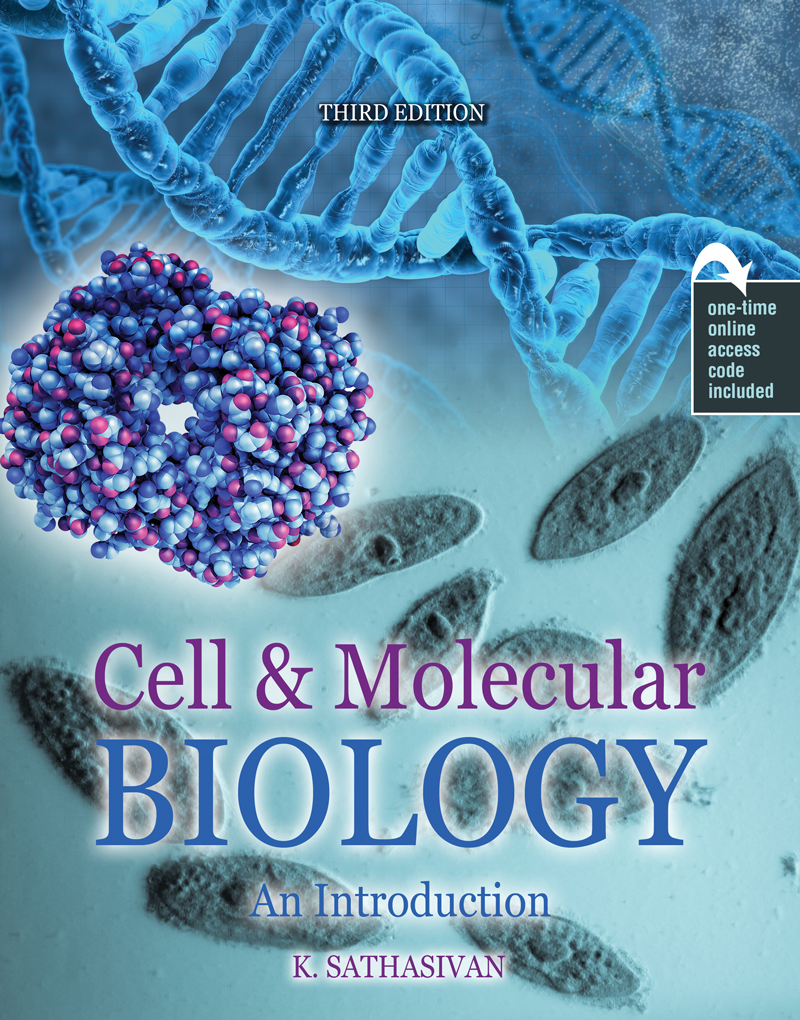
New Edition Now Available!
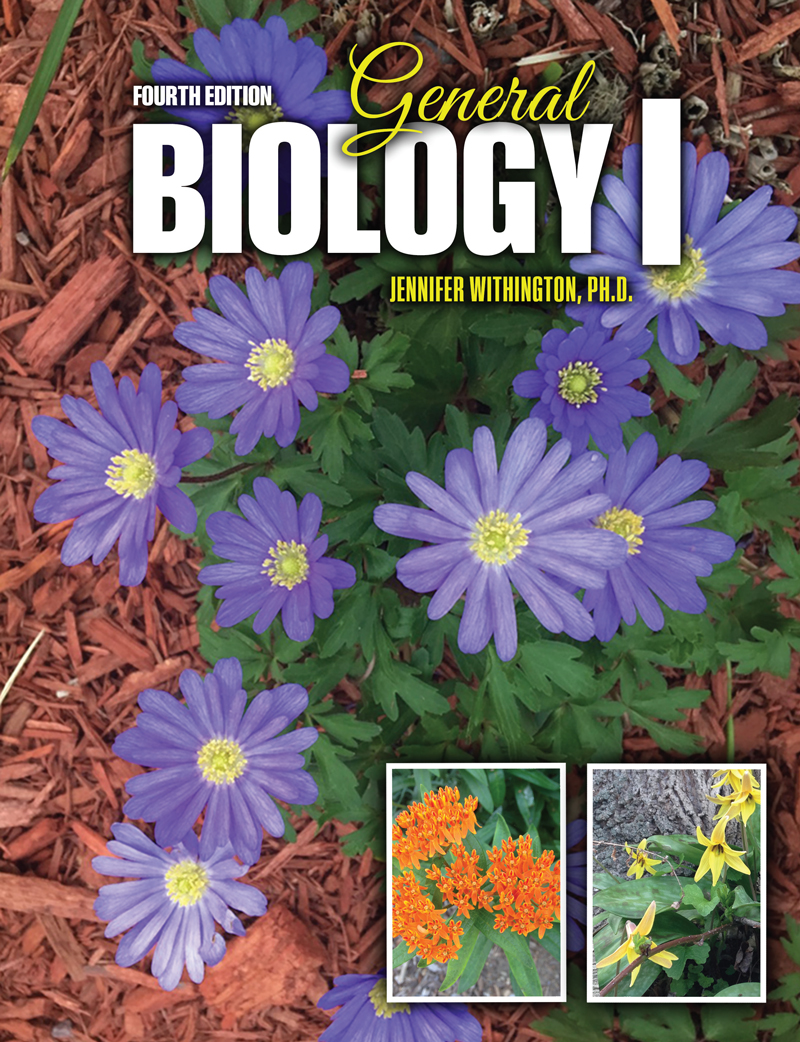
General Biology I Lab Manual is a set of laboratories designed to follow the course content of a 1st semester majors’ biology course that focuses on topics from cells to organisms. The labs all contain a short introduction to the material that assumes the students already have some knowledge of the background content from lecture. Most of the laboratories also have a short pre-lab assignment; these are designed to get the students to read the lab and think about the activities or the material before their lab section begins. Questions and tasks designed to have…
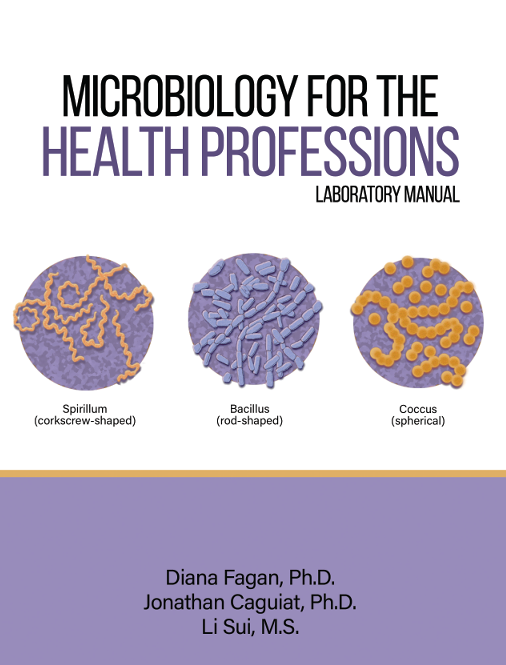
The Microbiology for the Health Professional Laboratory Manual introduces common techniques used by health professionals in the microbiology laboratory. Bacteria cause many different diseases. To treat a disease effectively, the health professional must rapidly identify the bacterium that causes it. In addition to providing techniques for identifying pathogenic bacteria, the manual also covers strategies for preventing and treating diseases. Other exercises detect microbes that spoil food and water and demonstrate how some microbes are used to make food. The…
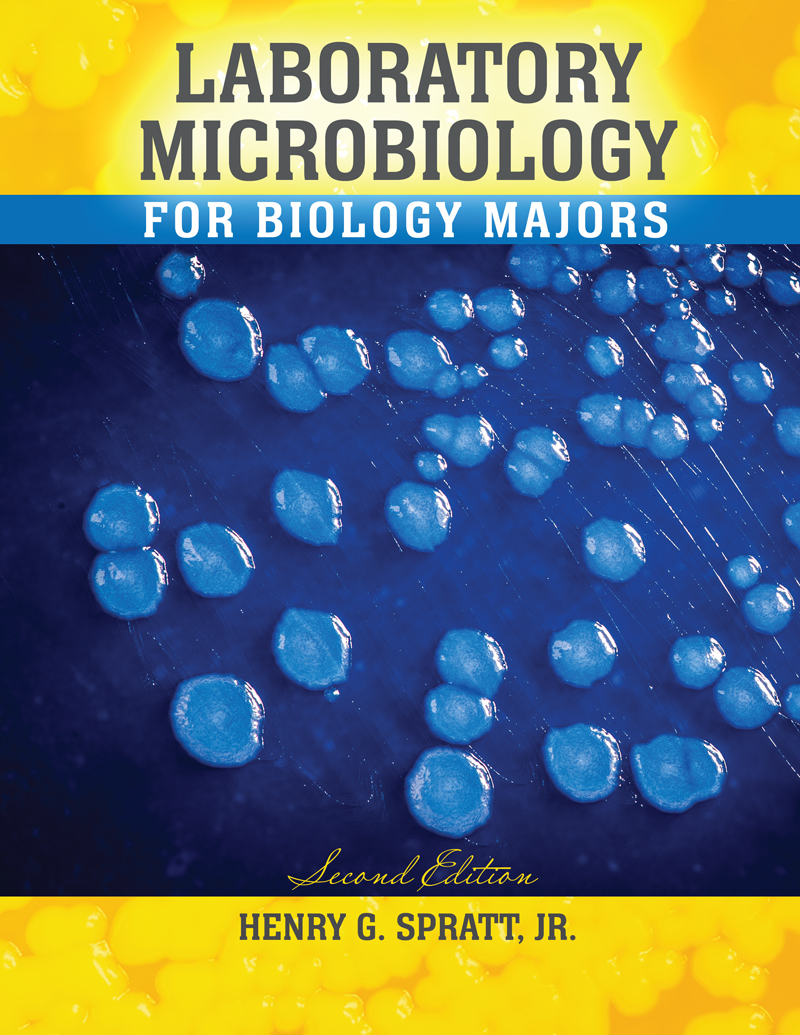
New Edition Now Available!
The importance of microbiology to biology majors becomes more, and more evident as new research points to critical linkages between humans and microbial communities found in our bodies. As biology students become more aware of the microbial communities in our bodies, or the importance they play in the health of our environment it is critical that they have a good appreciation of the laboratory side of the field of microbiology to understand the methods we use to learn about microorganisms. Microbiology Laboratory…
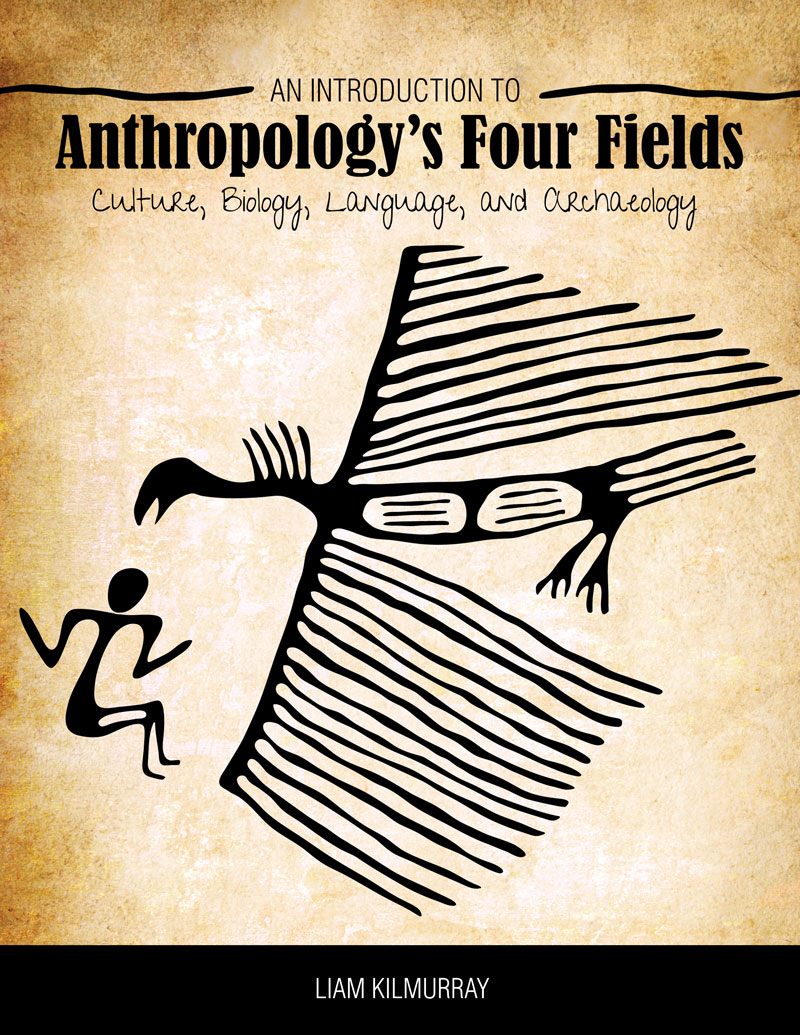
New Publication Now Available!
An Introduction to Anthropology’s Four Fields: Culture, Biology, Language, and Archaeology informs, educates, and provides students with an understanding of the basic principles of anthropological history, research, and theory. This text ensures that essential historical signposts are clearly marked and explained.
With a holistic perspective, An Introduction to Anthropology’s Four Fields examines the fascinating process of human evolution and the wonderful…
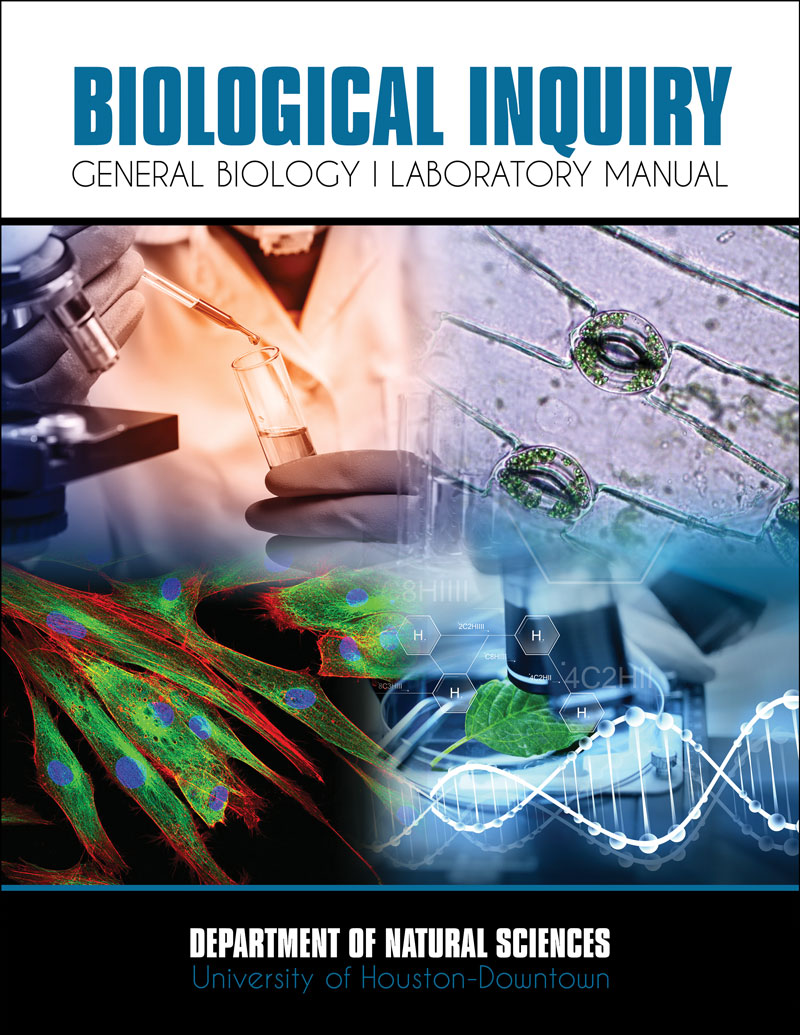
This laboratory emphasizes hypothesis-driven experiments and connections to real-world problems and applications. These experiments will increase your interest in learning about biology and reinforce and complement the important concepts you will explore during General Biology I lecture.
In this laboratory manual, brackets have been used to identify content from other Kendall Hunt authors. The number to the right of the bracket corresponds to the sources listed within the References and Credits section.
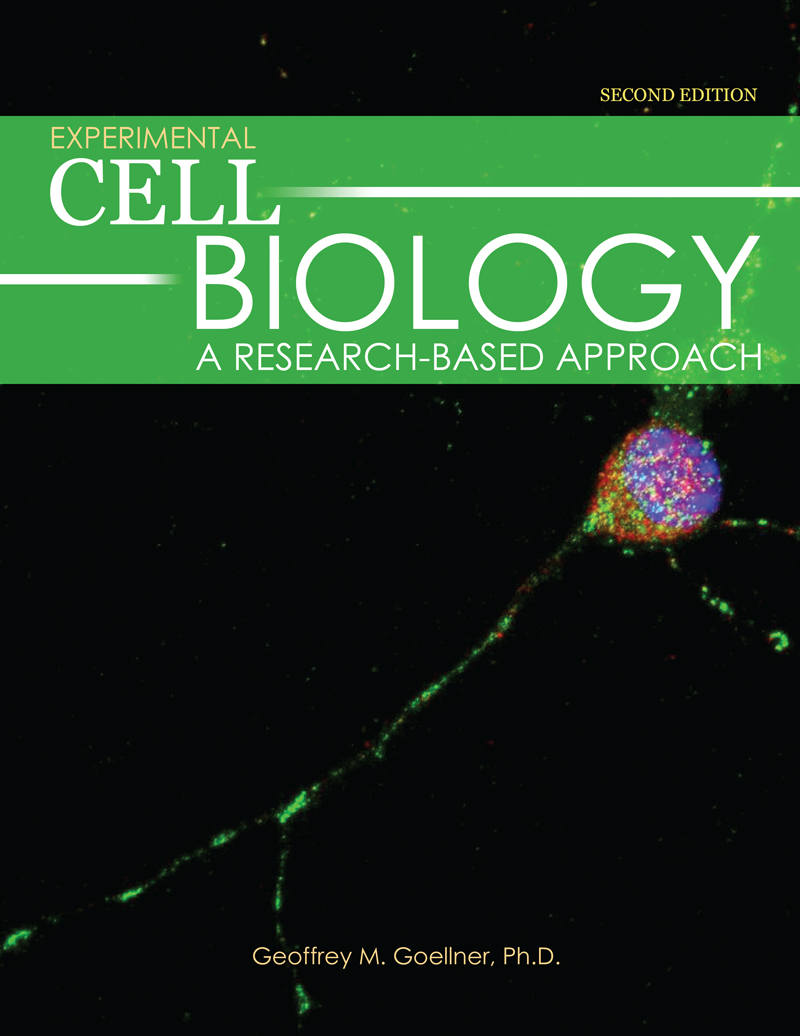
The laboratories included in Cell Biology: A Research-Based Approach are primarily designed to introduce students to a number of standard, yet powerful, experimental techniques used in the modern-day cell biology laboratory. Notably, however, they are also organized as a set of experiments designed to shed light on a completely uncharacterized cellular protein denominated FAM171B.
Therefore, these labs allow students to perform "real research" trying to decipher the normal cellular function of this novel protein. FAM171B was originally…
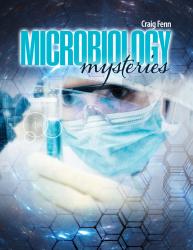
Biology, health care, and medicine are all fields of investigation and discovery. To diagnose and treat any disease, health care workers must compile and translate information to arrive at the best possible conclusion for each patient. That is the goal of this textbook.
In each chapter are mystery situations that are written to encourage more effective learning of the material through investigation and application of the material. Students will create an investigation strategy, collect and translate evidence, and arrive at conclusions using the information in each chapter.
…
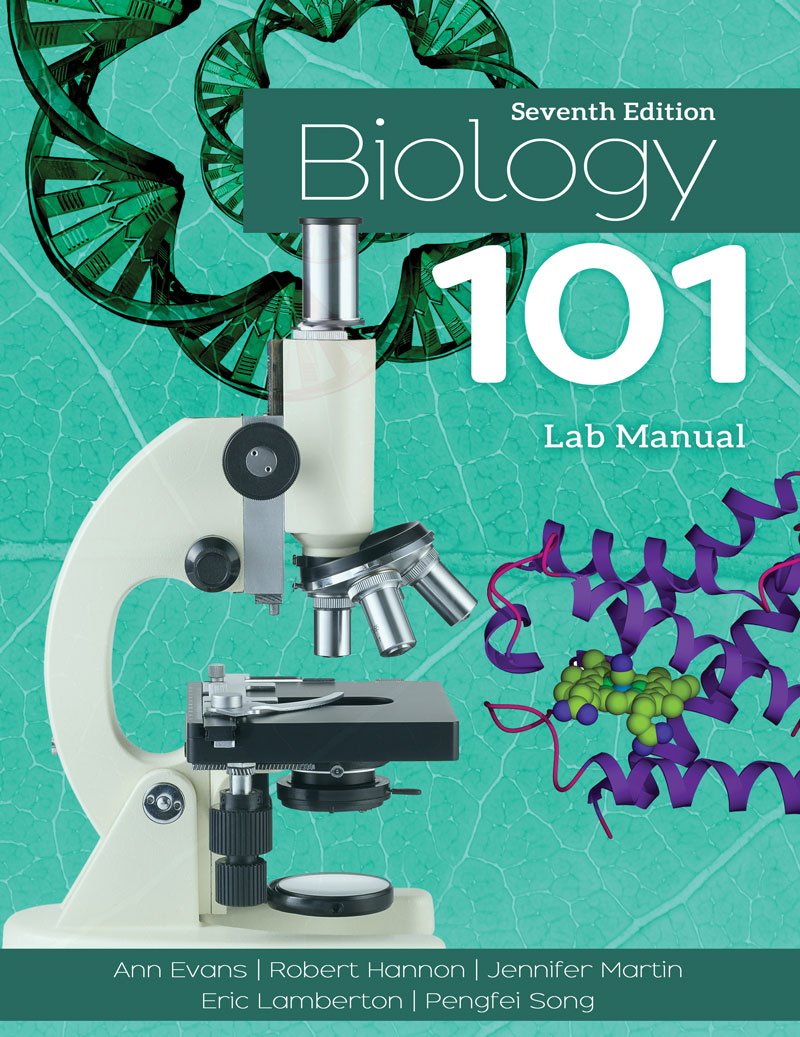
The Biology 101 Lab Manual provides students with the opportunity to assume active roles in their exploration of the world of biology. Lab sessions supplement the lecture by implementing hands-on group activities and discussion. These activities aim to mirror the scientific community through a spirit of group learning, allowing students to discuss topics with their peers and interact directly with the material.
The lab text matches the growth of students throughout the duration of the course, meaning the level of instruction naturally decreases as students…

Throughout history, plants and photosynthetic organisms have continuously transformed Earth.
Green Harvest: An Introduction to Biology guides students to a better understanding of “the study of life”. Not only is the text beneficial to science majors, but also to non-science majors as they will begin reading about basics of science and theoretical framework, while also learning about other key components of the biological field. The content thoroughly explains biology and its relationship to other sciences, while highlighting…
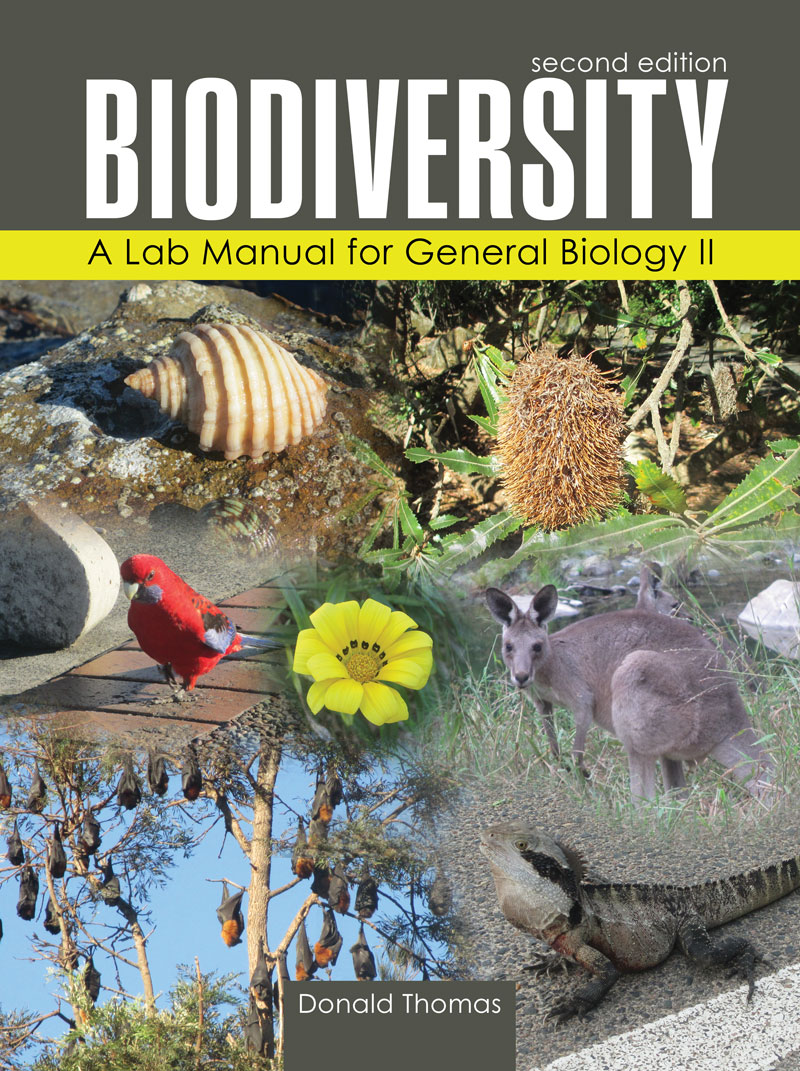
This lab manual is intended to accompany the General Biology II course at Southwest Tennessee Community College. This course focuses on the evolution and diversity of living organisms with attention to comparative anatomy within the vertebrate animals.
The manual contains instructions for hands-on examination of specimens with minimal repetition of content found in the recommended textbook (Biology. Solomon and Berg, current edition). This format is used with the motive of saving costs for the student and encouraging the use of the text and the instructor’s assistance for…
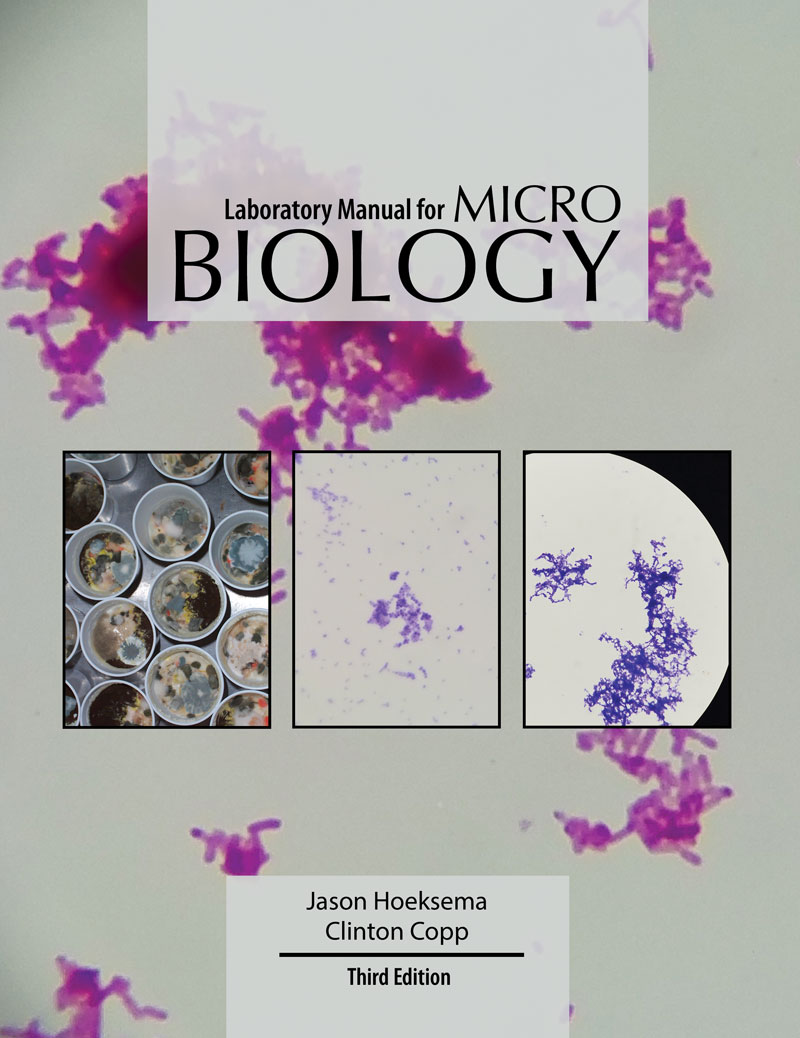
This laboratory manual contains exercises designed for a semester- or quarter-long course in introductory microbiology, for non-biology majors. As such, it assumes no previous laboratory experience in biology and no college-level coursework in biology. Exercises are designed to teach critical laboratory skills through hands-on experience, including compound microscopy, aseptic technique, and bacterial staining. Uniquely, student engagement is enhanced by a multi-week study of a microbe of their choice, cultured from their everyday environment.
The…
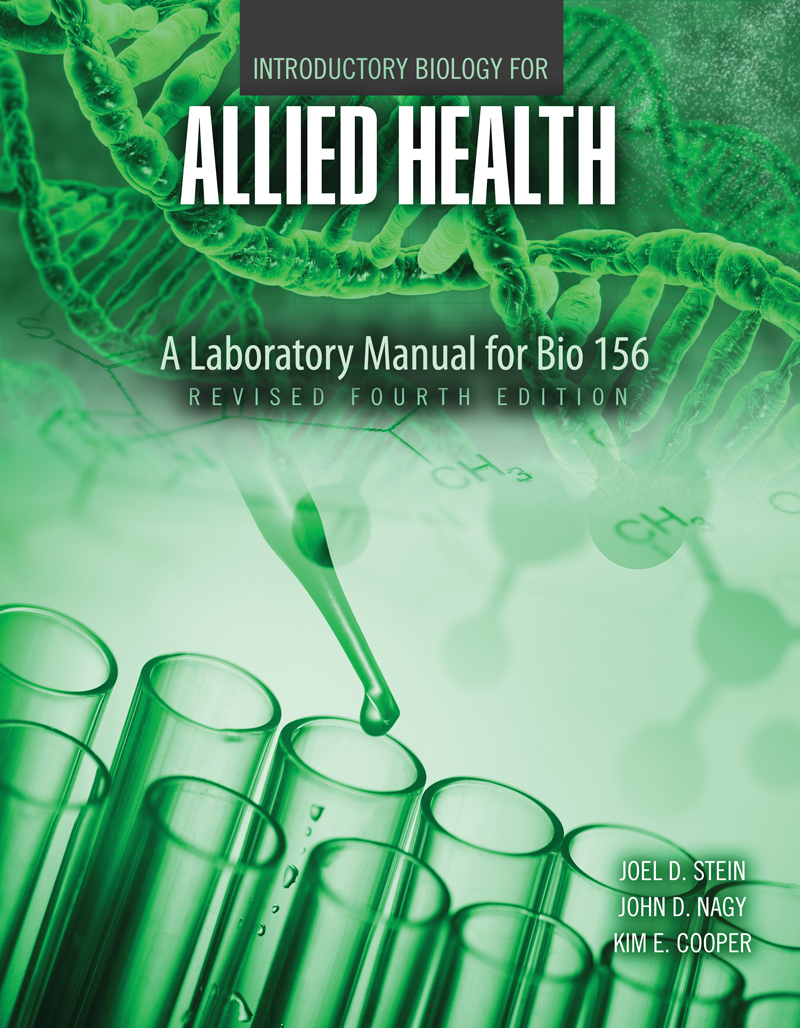
Scientists have demonstrated their ability to offer at least some hope of survival to those facing serious medical diagnoses. Scientists are far from the heartless analytical machines portrayed in modern literature, and doctors are much more rational than the actors pretending to emote all over their patients on certain TV shows. Scientists and physicians are people who have, by and large, taken an oath to let Nature be their primary teacher so that they can, in one way or other, help other humans and humanity thrive. Every diagnostic or treatment procedure in medicine has either been…
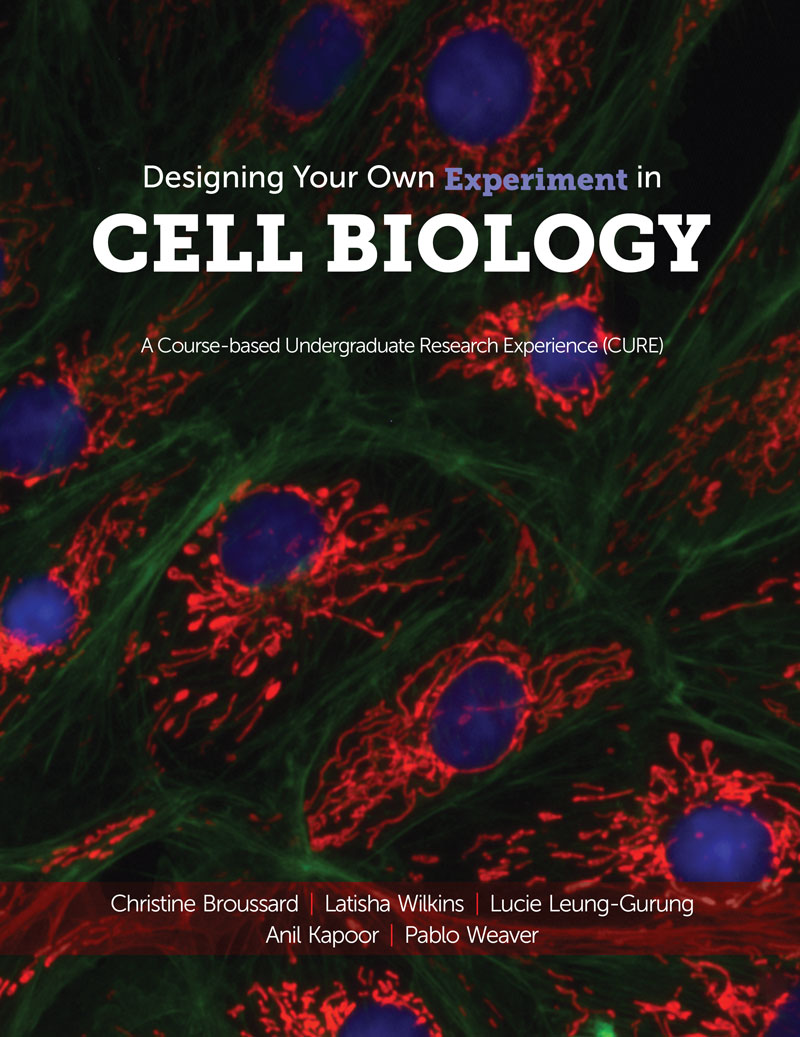
Designing Your Own Experiment in Cell Biology: A Course-based Undergraduate Research Experience (CURE): is a step-by-step, interactive workbook for undergraduate biology students to learn and apply scientific research methods that will benefit them in the classroom and beyond. Students will learn best practices for sharing their research with the general public, reading scientific journal articles, designing their own experiments, and more. Filled with a plethora of spaces and tables for students to record their hypotheses, findings, drawings, etc., …
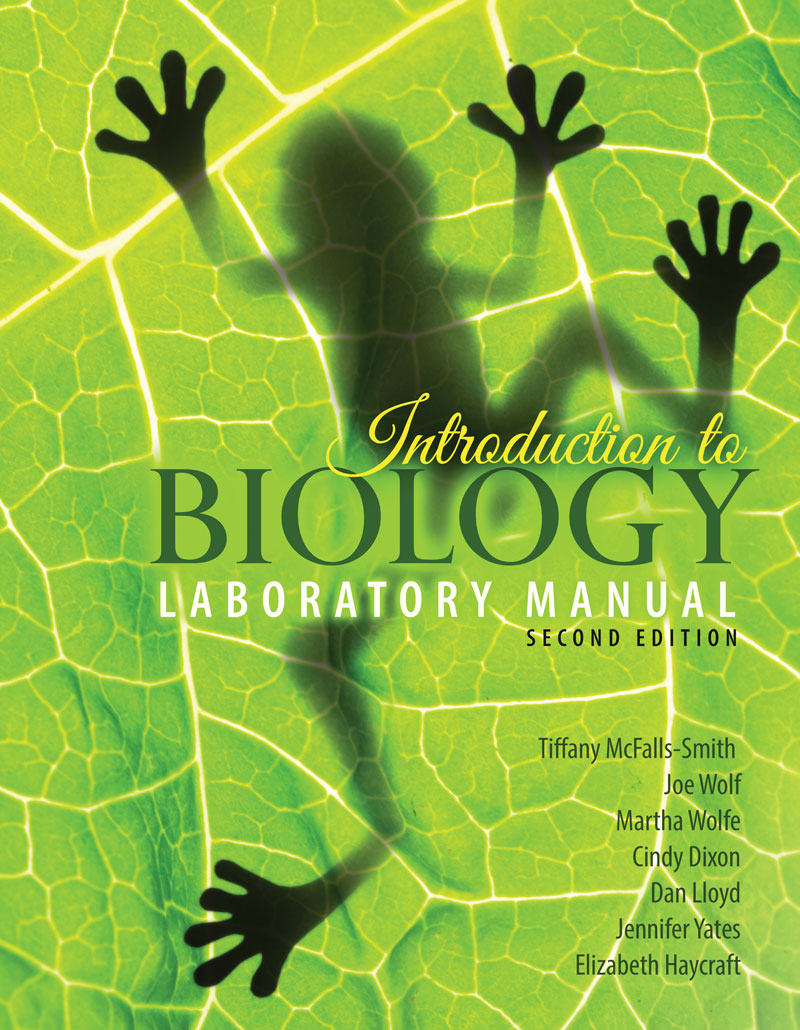
Science is just one way of knowing the world. Some people experience the world through the lens of music, others are passionate about history. It’s been said that those who grow up to be scientists have simply never outgrown the childhood phase of awe and experimentation that we can all remember.
The objective of Introduction to Biology: Laboratory Manual is to get students to think about the nature of science, the connection between science and society, and how they can adopt the lens of science throughout this course and, hopefully, throughout…
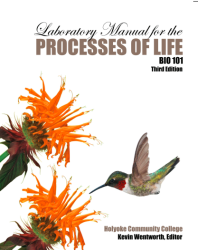
This lab manual is designed for first semester biology students that are studying cellular processes. The labs were designed to help introduce students to many of the major ideas while also giving them practice with both the scientific method and laboratory tools. With these labs we have attempted to give students enough guidance that they can maneuver through the labs without too much frustration but still have to do some designing of experiments so that the labs aren’t all “cookie cutter”. We also tried to add in some review exercises within the lab to “test” the student’s ability to go…
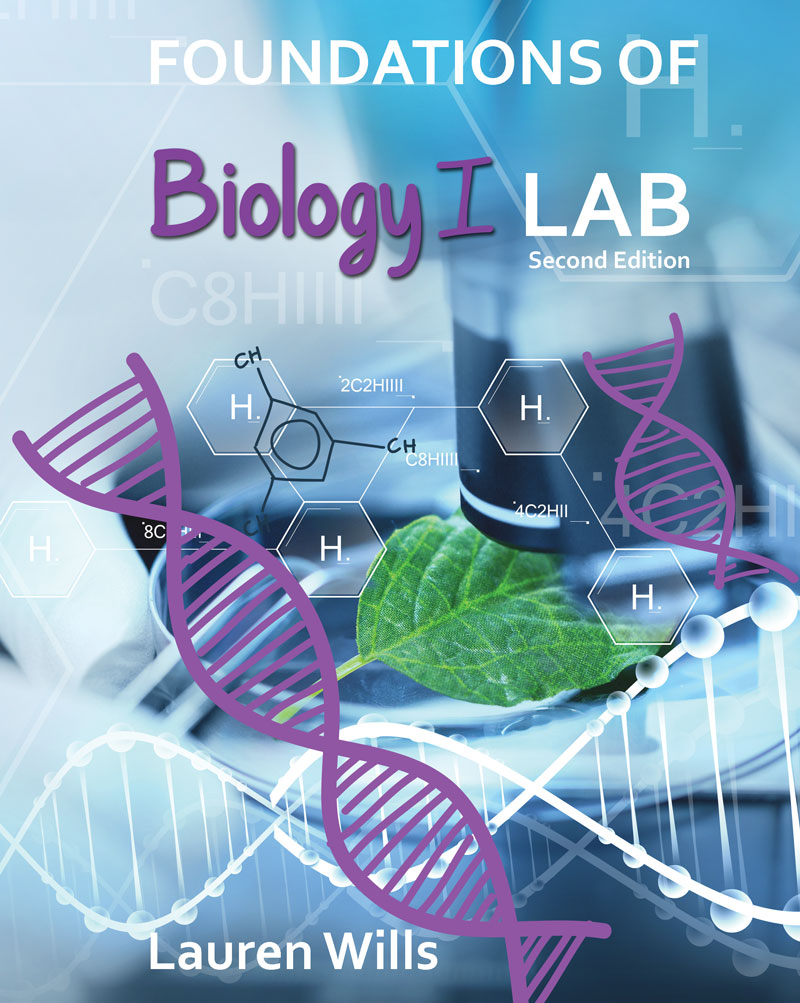
The Foundations of Biology I Lab Manual is designed to actively engage students and develop a basic knowledge of biology and scientific methodology. This manual covers essential topics for first semester biology majors including: microscopy, chemistry of biology, cellular structure, enzymatic functions, cellular division, DNA structure and function, gene expression, heredity, and population genetics. The labs included within this manual are designed to teach biological topics and develop critical thinking skills as the students learn to apply the scientific method…
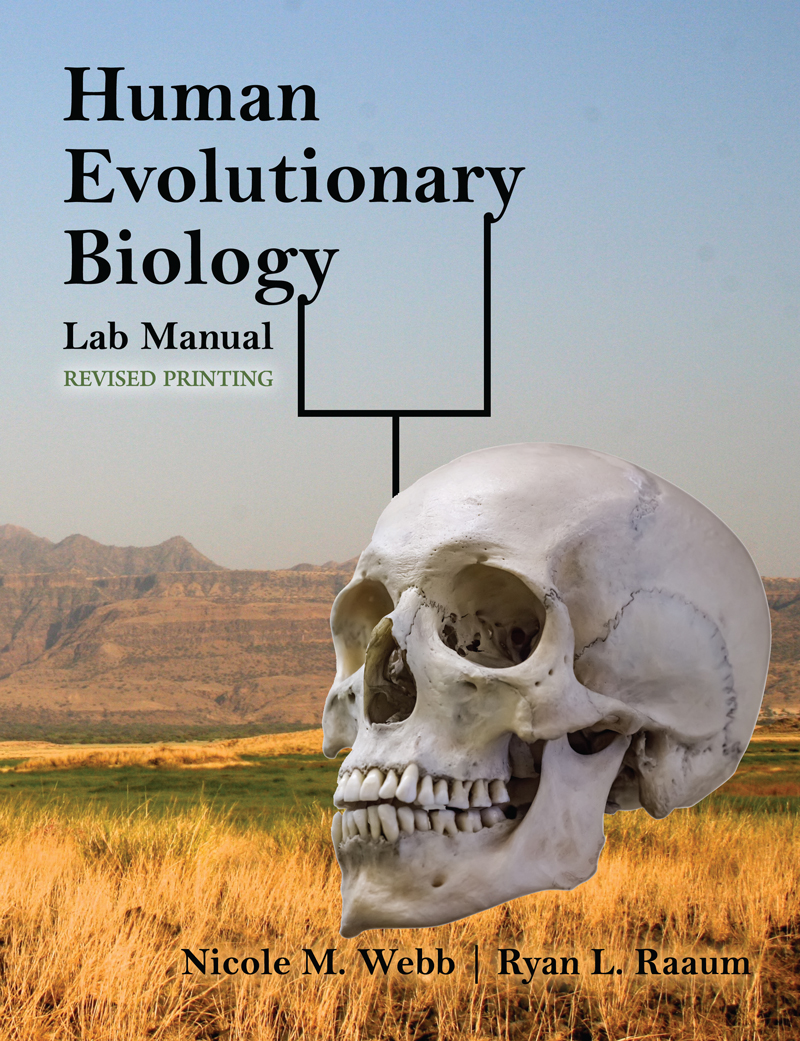
This Human Evolutionary Biology Lab Manual assembles several valuable references into one convenient text. Created specifically with the non-specialist in mind, this manual offers focused reviews of key concepts, vocabulary terms and lab activities designed to complement in-class lecture material. Written by faculty members with extensive teaching and research experience across multiple physical anthropology sub disciplines, it follows an intuitive format designed to optimize student learning.
Practical features, like dedicated note-taking sections and a…
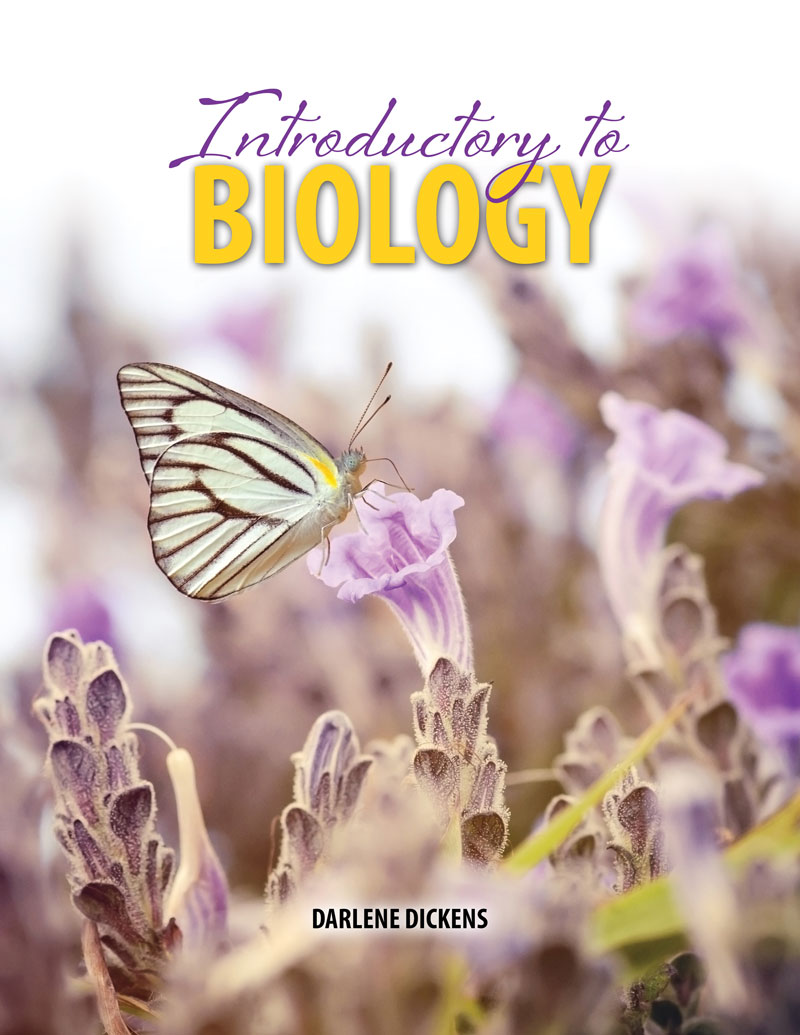
The labs within the Introductory Biology Online Lab Manual are for non-science majors. The labs are designed to give students a solid foundation using the scientific method in hands-on labs. The lab exercises are designed to accommodate online introductory biology classes or for students that complete classes at home. Labs are suitable for those students with little hands-on science experiences. The labs have been designed so students have valuable background material prior to beginning the actual labs. The background material can serve as…
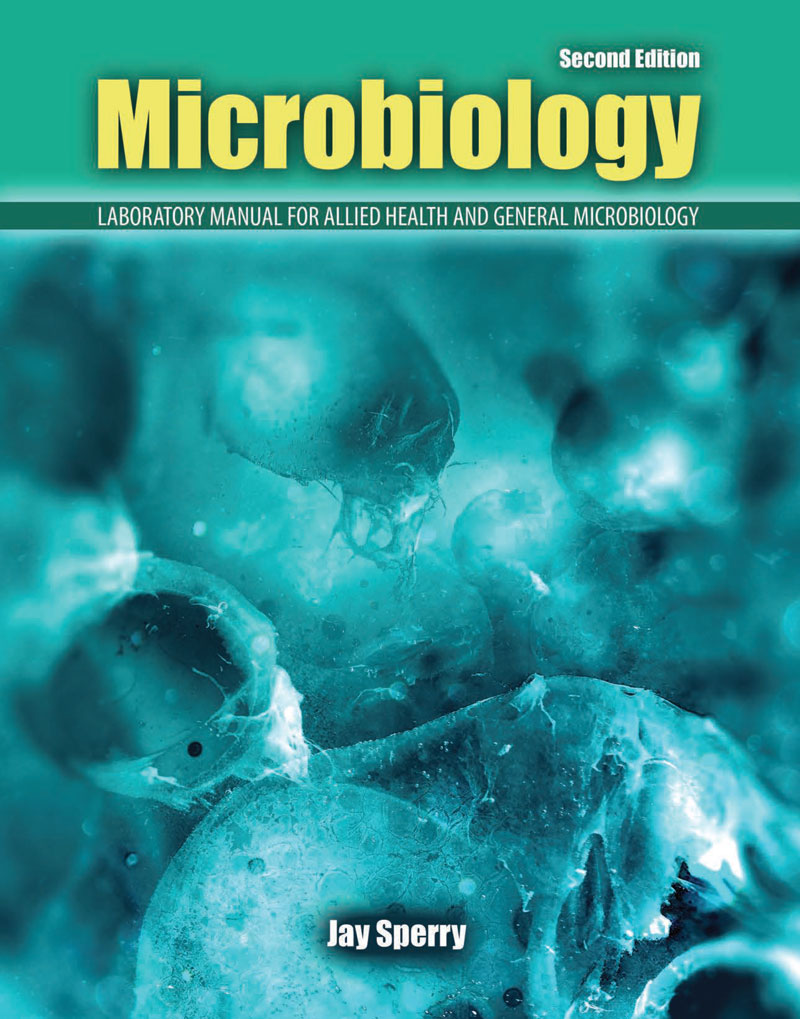
This microbiology laboratory manual has been used for many years for both a general introductory microbiology laboratory manual and for introductory medical microbiology laboratory manual for the allied health disciplines at the University of Rhode Island. It gives a comprehensive coverage of the basics of introductory microbiology, plus some coverage of its applied aspects. Sufficient detail has been given so that the exercises may be performed independently.
Numerous instructions have been provided so that the exercises may be performed with a high degree of success. The…
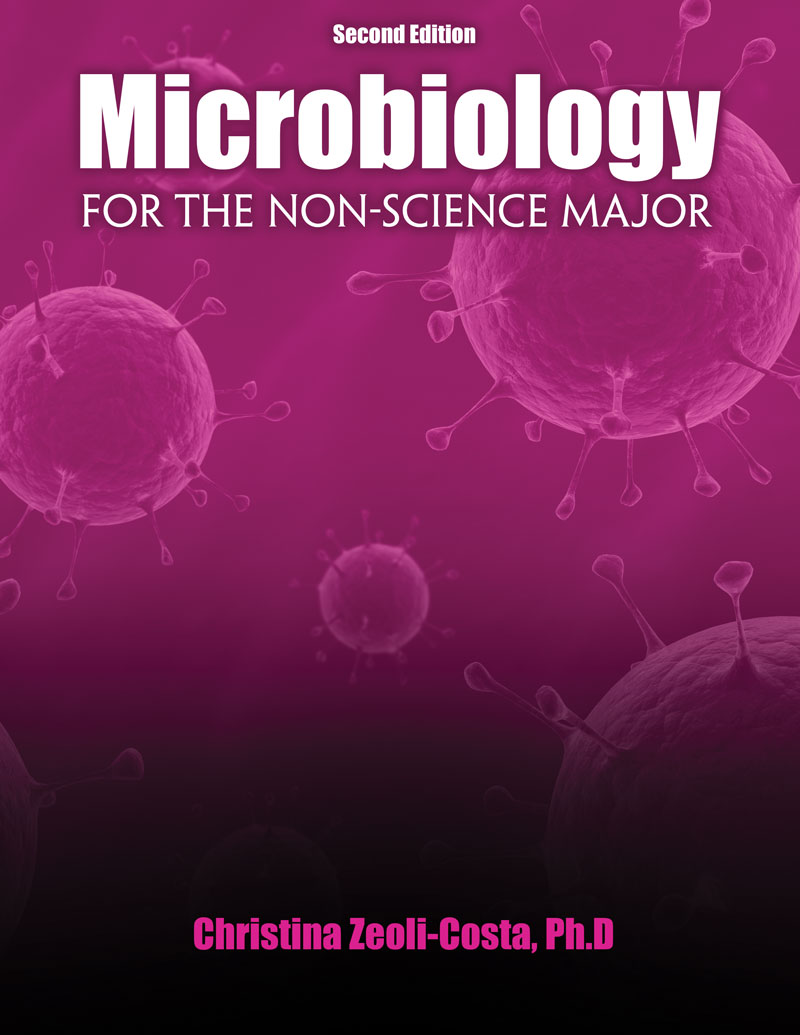
Microbiology for the Non-Science Major was written with the sole purpose of taking a topic that some find difficult to understand and making it easy and enjoyable. The content of the book is not weighed down with inessential chemistry and biology. It contains information on all types of microbes ranging from the Ebola virus to flesh-eating bacteria.
The microbiological concepts are explained in a clear and straight forward manner which makes the study of infectious diseases accessible to all. Topics covered include the transmission of disease, antibiotics, epidemiology and bioterrorism…
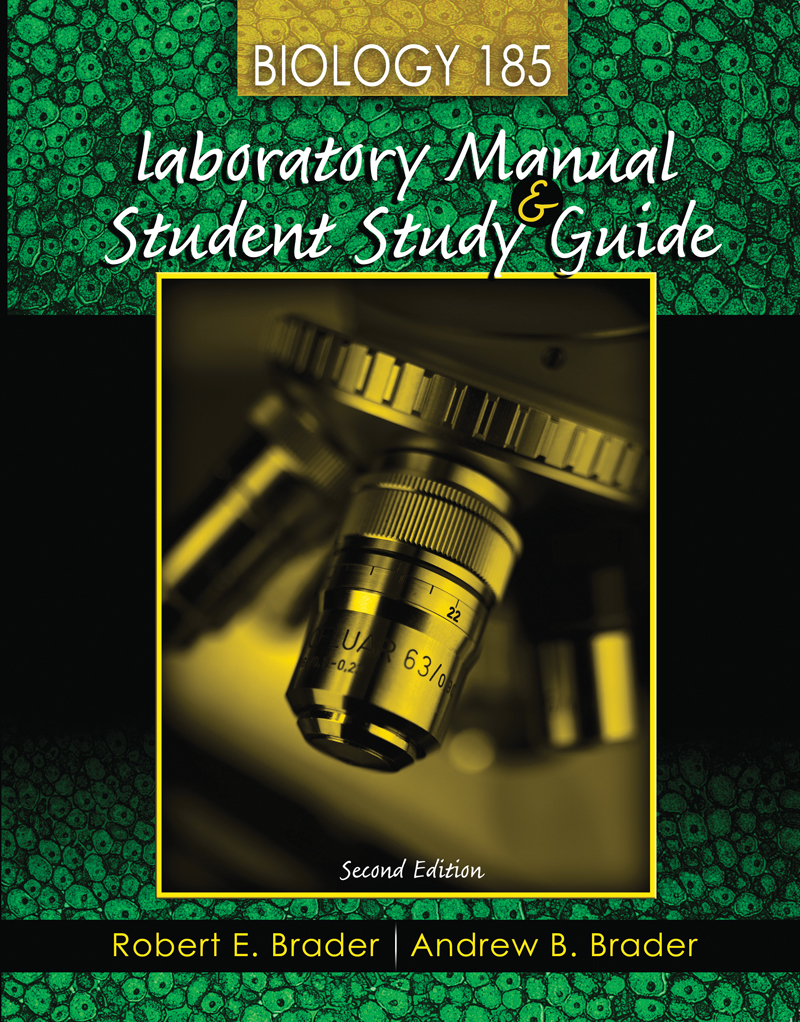
Biology 185 Laboratory Manual & Student Study Guide offers a comprehensive list of laboratory experiments for a 100 level microbiology course, as well as, various supplemental laboratory experiments that cover core concepts and techniques for a microbiology lab. The theme of the laboratories is to develop the students understanding of the basic identification of an unknown microorganism through staining and chemical/enzymatic tests, as well as covering growth, isolation, contamination, and control of microorganisms.
The laboratory manual…
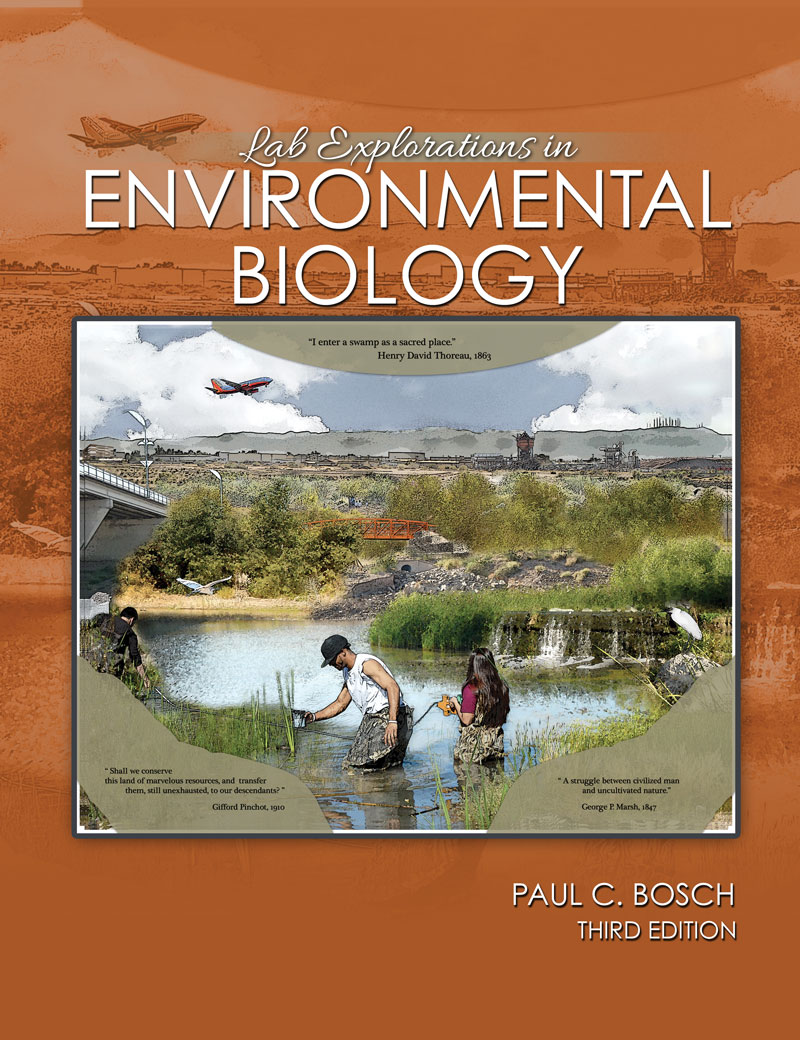
Science is a way people understand nature by asking questions, thinking up possible solutions, and testing them to find out answers.
Lab Explorations in Environmental Biology features 21 laboratory experiments. Each lab includes a brief introduction, objectives, and the materials needed to complete the exercises.
Lab Explorations in Environmental Biology will enrich student experience in the class and help them to become lifelong observers of the world around them.

